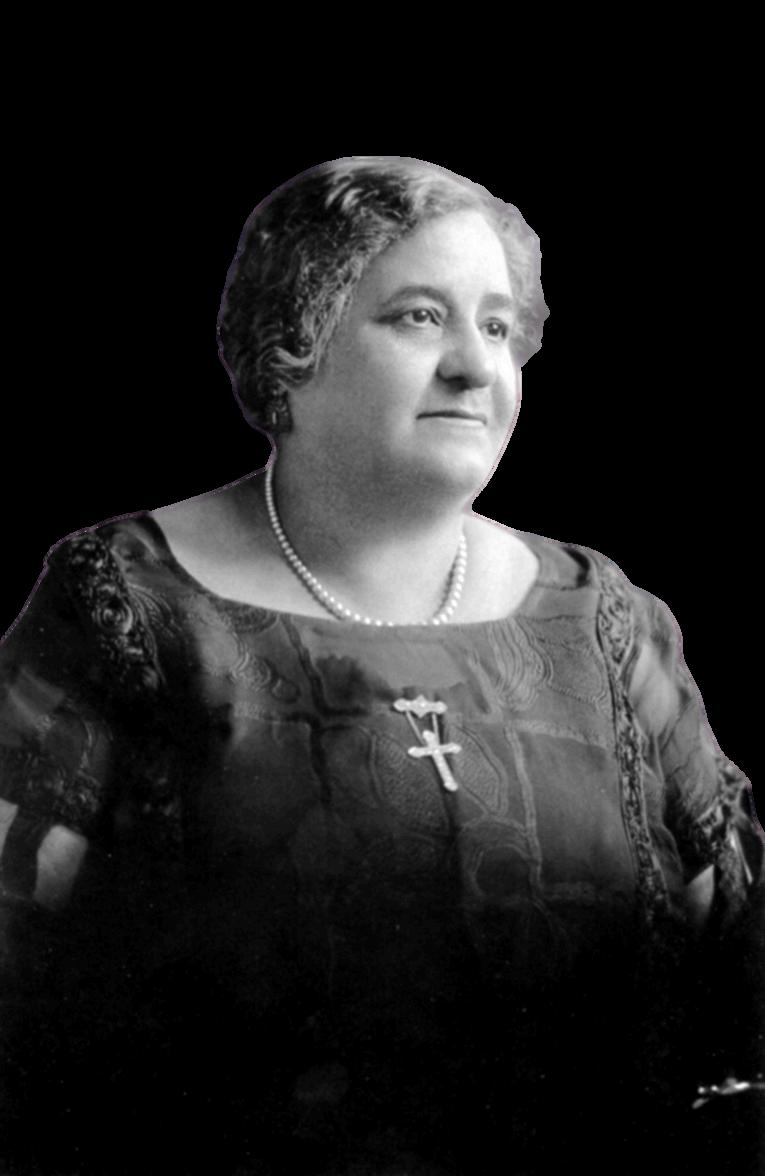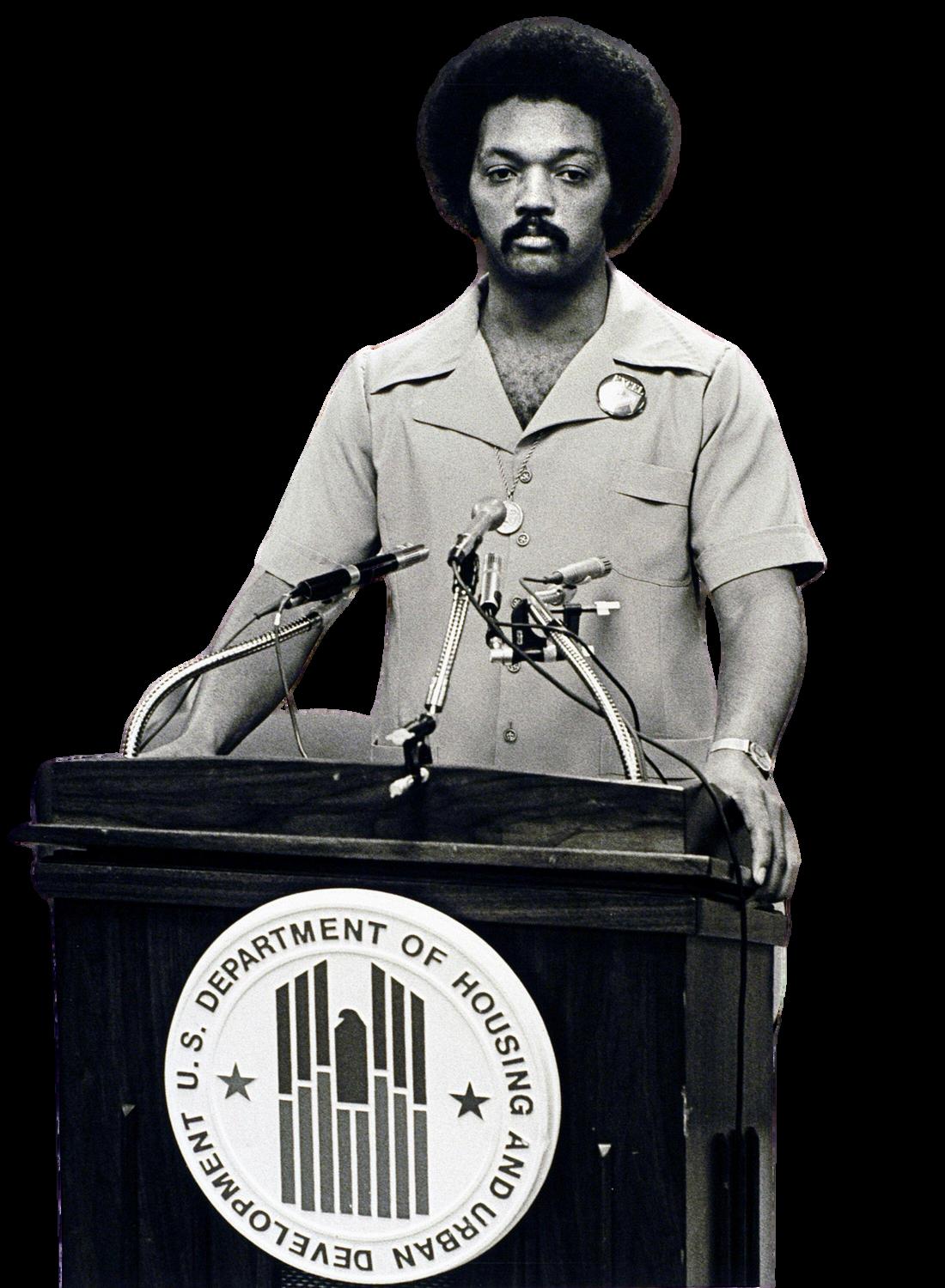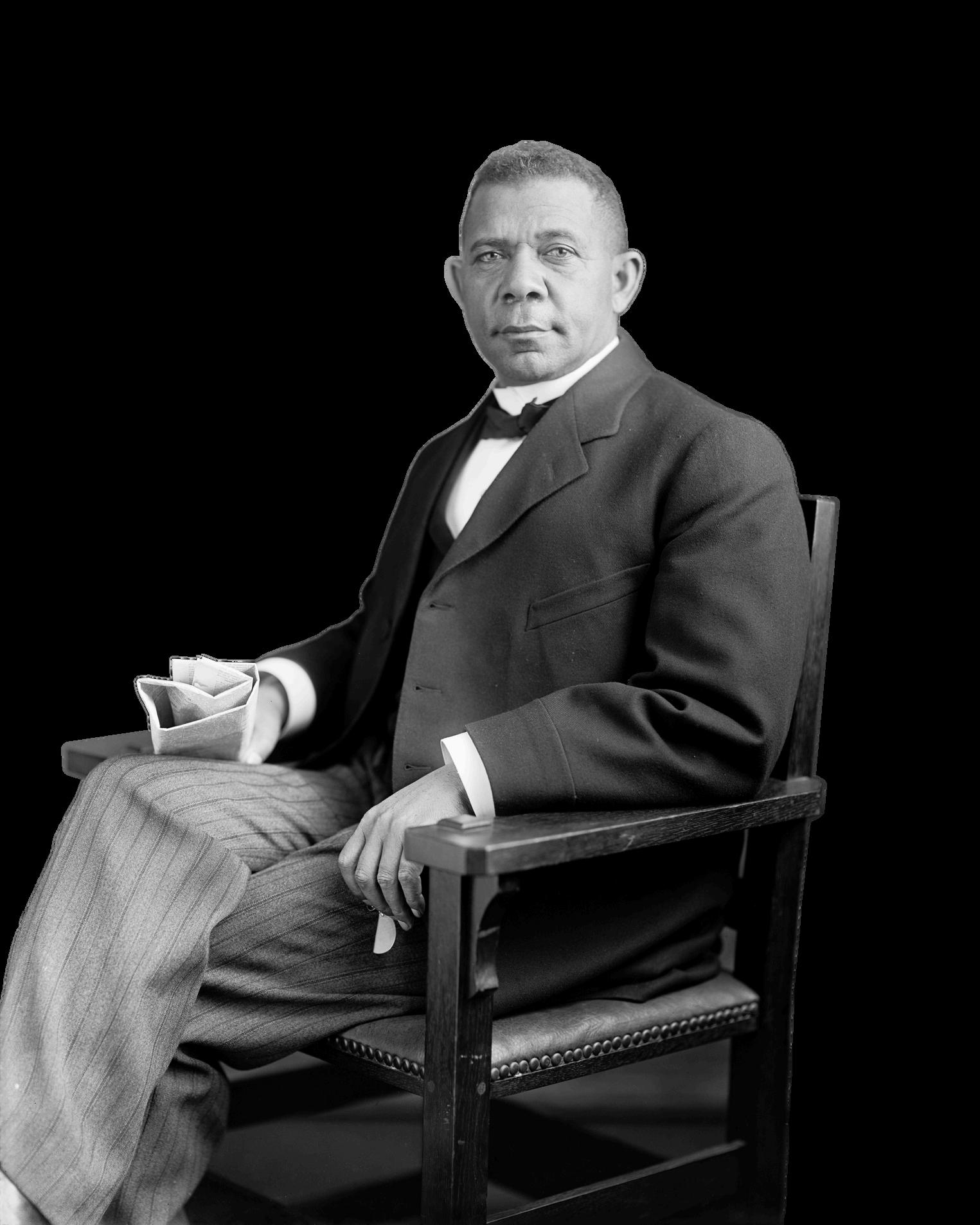#bhm festival
THE99THANNUAL BLACKHISTORYMONTH LUNCHEON






















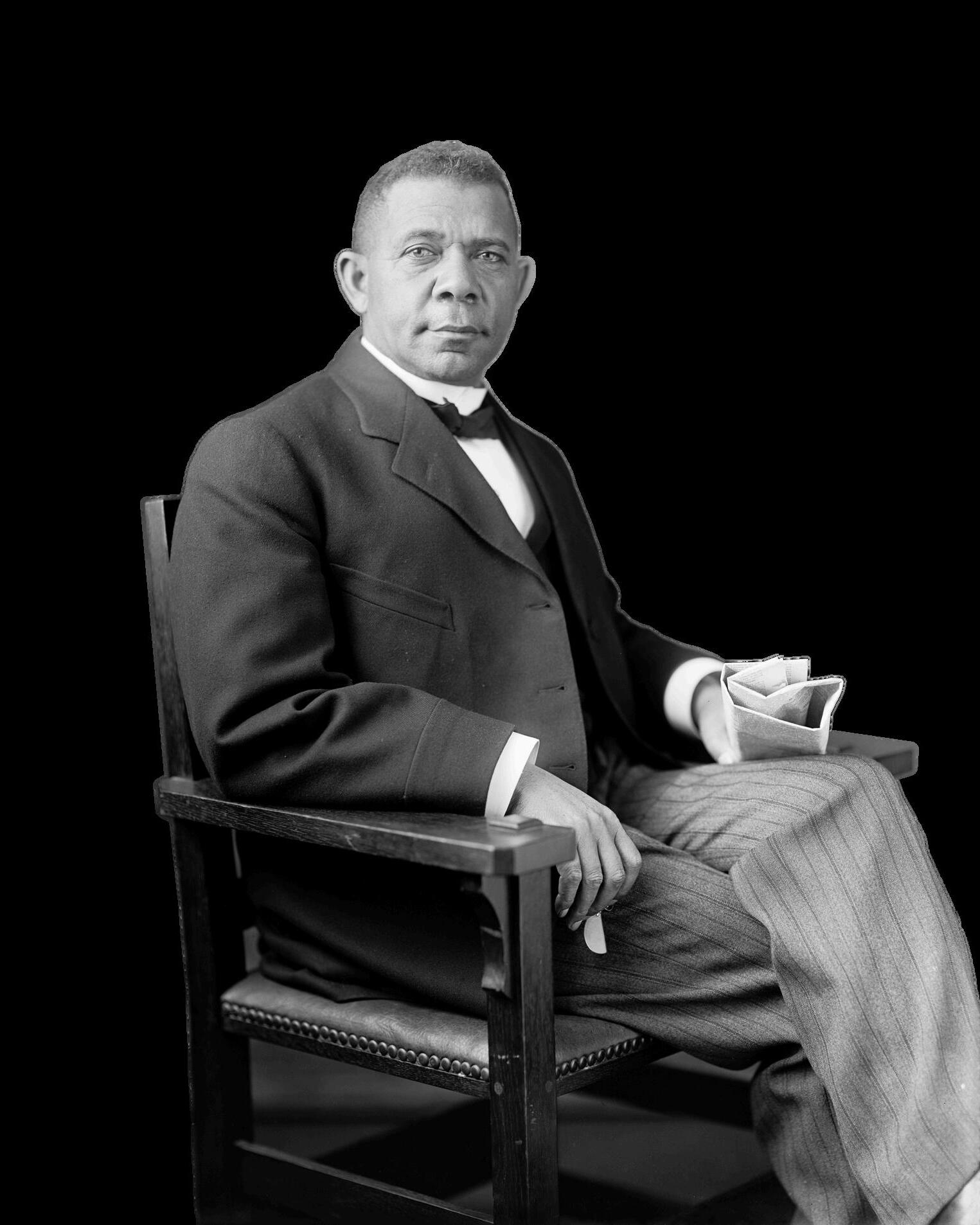
































The 2025 Black History Month theme, African Americans and Labor, focuses on the various and profound ways that work and working of all kinds – free and unfree, skilled, and unskilled, vocational and voluntary – intersect with the collective experiences of Black people. Indeed, work is at the very center of much of Black history and culture. Be it the traditional agricultural labor of enslaved Africans that fed Low Country colonies, debates among Black educators on the importance of vocational training, self-help strategies and entrepreneurship in Black communities, or organized labor’s role in fighting both economic and social injustice, Black people’s work has been transformational throughout the U S , Africa, and the Diaspora The 2025 Black History Month theme, “African Americans and Labor,” sets out to highlight and celebrate the potent impact of this work.
Considering Black people’s work through the widest perspectives provides versatile and insightful platforms for examining Black life and culture through time and space. In this instance, the notion of work constitutes compensated labor in factories, the military, government agencies, office buildings, public service, and private homes. But it also includes the community building of social justice activists, voluntary workers serving others, and institution building in churches, community groups, and social clubs and organizations In each of these instances, the work Black people do and have done have been instrumental in shaping the lives, cultures, and histories of Black people and the societies in which they live Understanding Black labor and its impact in all these multivariate settings is integral to understanding Black people and their histories, lives, and cultures.
Africans were brought to the Americas to be enslaved for their knowledge and serve as a workforce, which was super exploited by several European countries and then by the United States government. During enslavement, Black people labored for others, although some Black people were quasi-free and labored for themselves, but operated within a country that did not value Black life. After fighting for their freedom in the Civil War and in the country’s transition from an agricultural based economy to an industrial one, African Americans became sharecroppers, farm laborers, landowners, and then wage earners Additionally, African Americans’ contributions to the built landscape can be found in every part of the nation as they constructed and designed some of the most iconic examples of architectural heritage in the country, specifically in the South.
Over the years to combat the super exploitation of Black labor, wage discrepancies, and employment discrimination based on race, sex, and gender, Black professionals (teachers, nurses, musicians, and lawyers, etc.) occupations (steel workers, washerwomen, dock workers, sex workers, sports, arts and sciences, etc.) organized for better working conditions and compensation. Black women such as Addie Wyatt also joined ranks of union work and leadership to advocate for job security, reproductive rights, and wage increases
2025 marks the 100-year anniversary of the creation of Brotherhood of Sleeping Car Porters and Maids by labor organizer and civil rights activist A. Philip Randolph, which was the first Black union to receive a charter in the American Federation of Labor. Martin Luther King, Jr incorporated issues outlined by Randolph’s March on Washington Movement such as economic justice into the Poor People’s Campaign, which he established in 1967. For King, it was a priority for Black people to be considered full citizens.
The theme, “African Americans and Labor,” intends to encourage broad reflections on intersections between Black people’s work and their workplaces in all their iterations and key moments, themes, and events in Black history and culture across time and space and throughout the U S , Africa, and the Diaspora Like religion, social justice movements, and education, studying African Americans’ labor and labor struggles are important organizing foci for new interpretations and reinterpretations of the Black past, present, and future Such new considerations and reconsiderations are even more significant as the historical forces of racial oppression gather new and renewed strength in the 21st century.
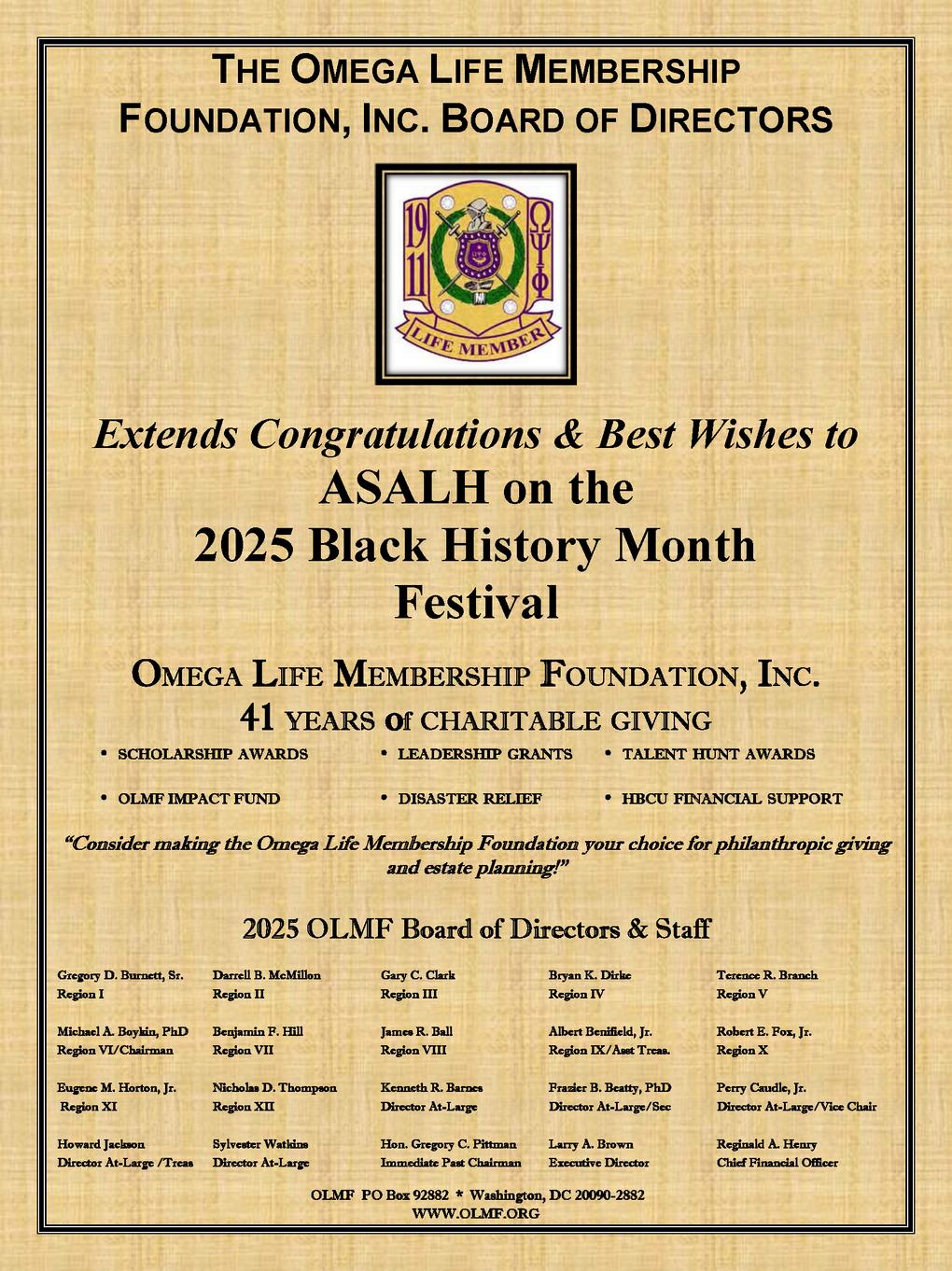

According to former GA Representative Julian Bond, Black Panther leader Eldridge Cleaver once said that when Rosa Parks chose to stay seated on that bus in Montgomery, Alabama, somewhere in the universe, a gear in the machinery shifted, and everything changed. A gear-shifting moment. In the history of this country, in the ongoing fight against racial oppression, against a white supremacist narrative, and against the racial apartheid laws that were passed and upheld, there have always been gearshifting moments when individual people have taken a stand It happened in 1850, when Harriet Araminta Tubman, a year after her self-emancipation, chose to go back to Baltimore, Maryland, to help lead her niece and her niece’s two children to freedom A gear shifted. It happened in 1770, when Crispus Attucks, a Black and Indigenous sailor and whaler, chose to get involved with the growing kerfuffle in Boston. In 1864, when the Twenty-second Infantry Regiment of the U.S. Colored Troops marched from Camp William Penn through the streets of Philadelphia on their way to fight, a gear shifted When Mamie Till told them in 1955 to leave her son’s casket open so that the world could see what those white men had done to her son, a gear in the machinery of the universe shifted. It happened again in 1966 with Kwame Ture and Mukasa Dada’s declaration of Black Power at the conclusion of the “March Against Fear.” And in 2014, after police officers killed unarmed Eric Garner in New York and unarmed teenager Michael Brown in Ferguson, Black people came together under the banner and hashtag of Black Lives Matter to march, protest, and demand change Gears shift when we choose to fight, when we choose to stand up, and when we refuse to back down The moral arc of the universe does not bend on its own toward justice, it bends because we push it and because we are willing to continue to do it until change does happen
In 1926, when Dr Carter G Woodson the founder of the Association for the Study of African American Life and History (ASALH), the son of formerly enslaved parents, a former sharecropper and miner, and the second Black person to receive a Ph.D. in History from Harvard University sent out a press release announcing the first Negro History Week, a gear shifted He chose February because the Black community was already celebrating the historic achievements on the birthdays of Abraham Lincoln (2/12) and Frederick Douglass (2/14) Dr Woodson did not wait for the celebration of our history to be proclaimed, he proclaimed it. He did not wait for someone to give him permission to celebrate what we have contributed to this country, he celebrated it.
Dr Woodson understood that Black parents had been teaching their children our history since we arrived in this country Our stories and achievements had been carried by the wind and buried in the soil It had been whispered as bedtime stories, spoken from the pulpits on Sunday mornings, and woven throughout our songs and poems of resistance and survival. America did not have to tell us who we were to this country; we told them America did not have to tell us that we built this country, our fingerprints are etched into the stone America does not have to proclaim Black History Month, we proclaim it We live in the legacy of Dr Woodson, and as we have done for 98 years, we will celebrate who we are and all that we have accomplished We stand at the intersection of the past and the future; what we do at this moment will determine how the next gear shifts.
The 2025 Black History Month theme is African Americans and Labor, which focuses on the various and profound ways that work and working of all kinds – free and unfree, skilled and unskilled, vocational and voluntary – intersect with the collective experiences of Black people and the transformational work that we have done throughout the U.S., Africa, and the Diaspora. We are celebrating our visible labor from the work we did back then to build the White House to the work we do right now to hold the White House accountable, from repairing the roads to teaching in our schools, from stocking shelves to packing and unloading trucks; from working in the federal government to our ongoing labor in the state and local offices and, our invisible labor from raising and teaching our children to caring for our aging family members, from finding ways to practice revolutionary self-care to finding ways to hope beyond hope in a country that frequently targets and terrorizes Black people We bear witness to what it means to work hard every day and to get sick and tired of working so hard
As the president of ASALH, one of the many legacy keepers of Dr. Carter G. Woodson, I am excited to proclaim and uplift the start of Black History Month 2025 I believe that ASALH is a lighthouse that you do not notice until you need it When boats are caught in a storm or fog, they look for the lighthouse to help guide them safely back to the shore We have been standing as a lighthouse proudly proclaiming the importance of Black History and helping people to understand that it is only through studying the quilted narrative of our historical journey that one can clearly see the silences, blind spots, hypocrisies, and distortions of American history We do not celebrate because we are given permission, we celebrate because we are the permission givers We do not wait for Black History Month to be proclaimed, we proclaim it We do not wait to be seen, we see ourselves We do not have to be told the story of America because we are writing it, we are telling it, we are owning it, and we are pointing the way to it. We invite you to join us as we once again celebrate and center the incredible contributions that Black people have made to this beautiful and imperfect nation

Dr. Karsonya (Kaye) Wise Whitehead President
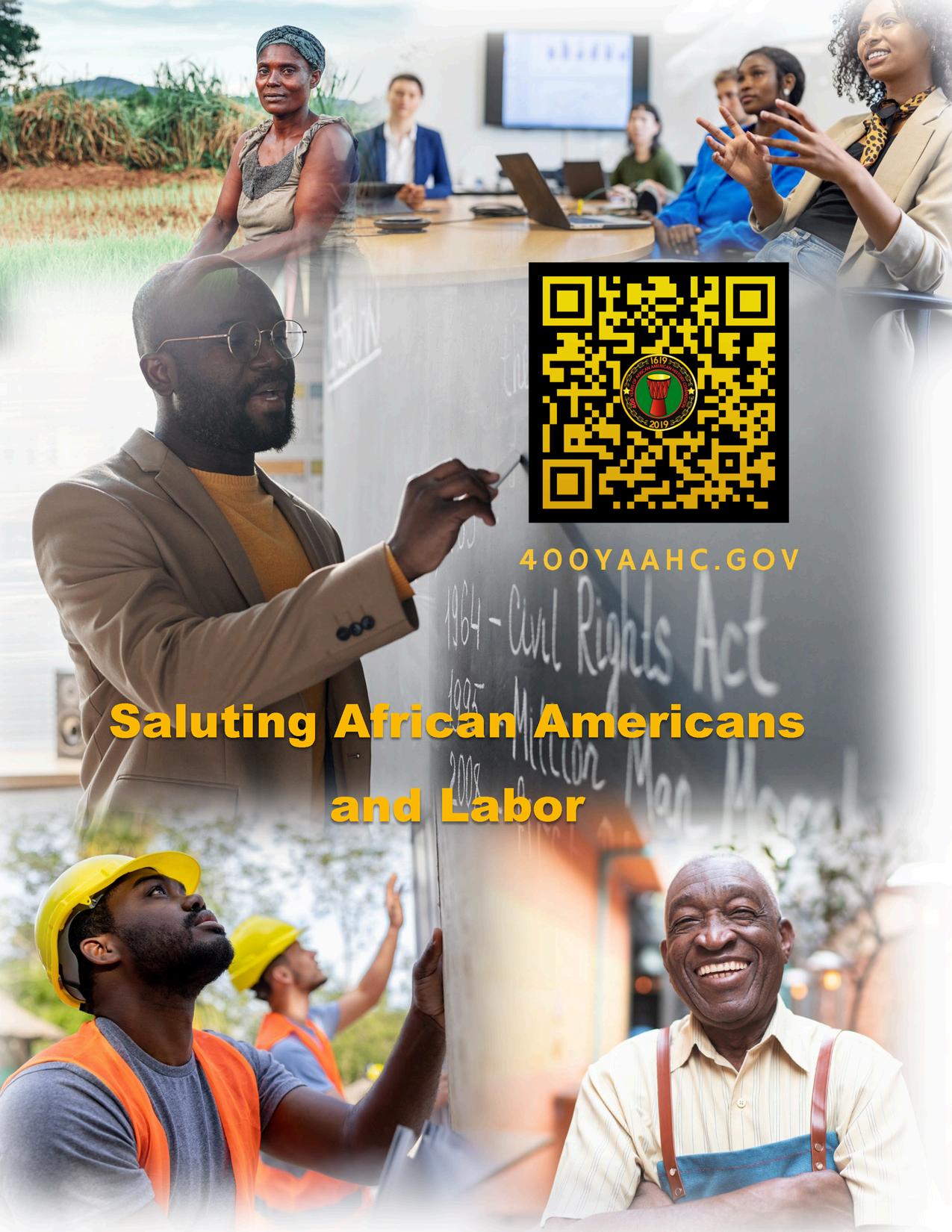
CULTURAL LEVEL

HISTORY LEVEL

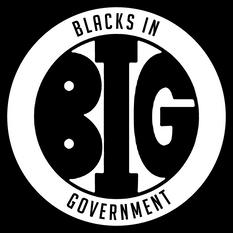
PRESERVATION LEVEL

MEDIA SPONSOR


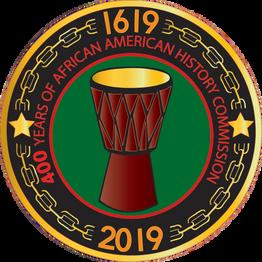
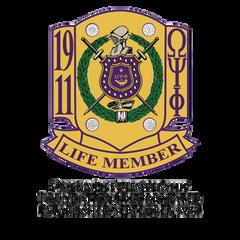









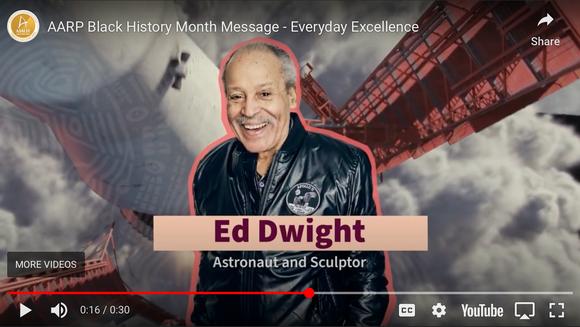

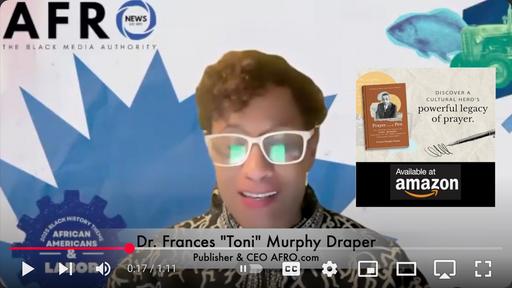
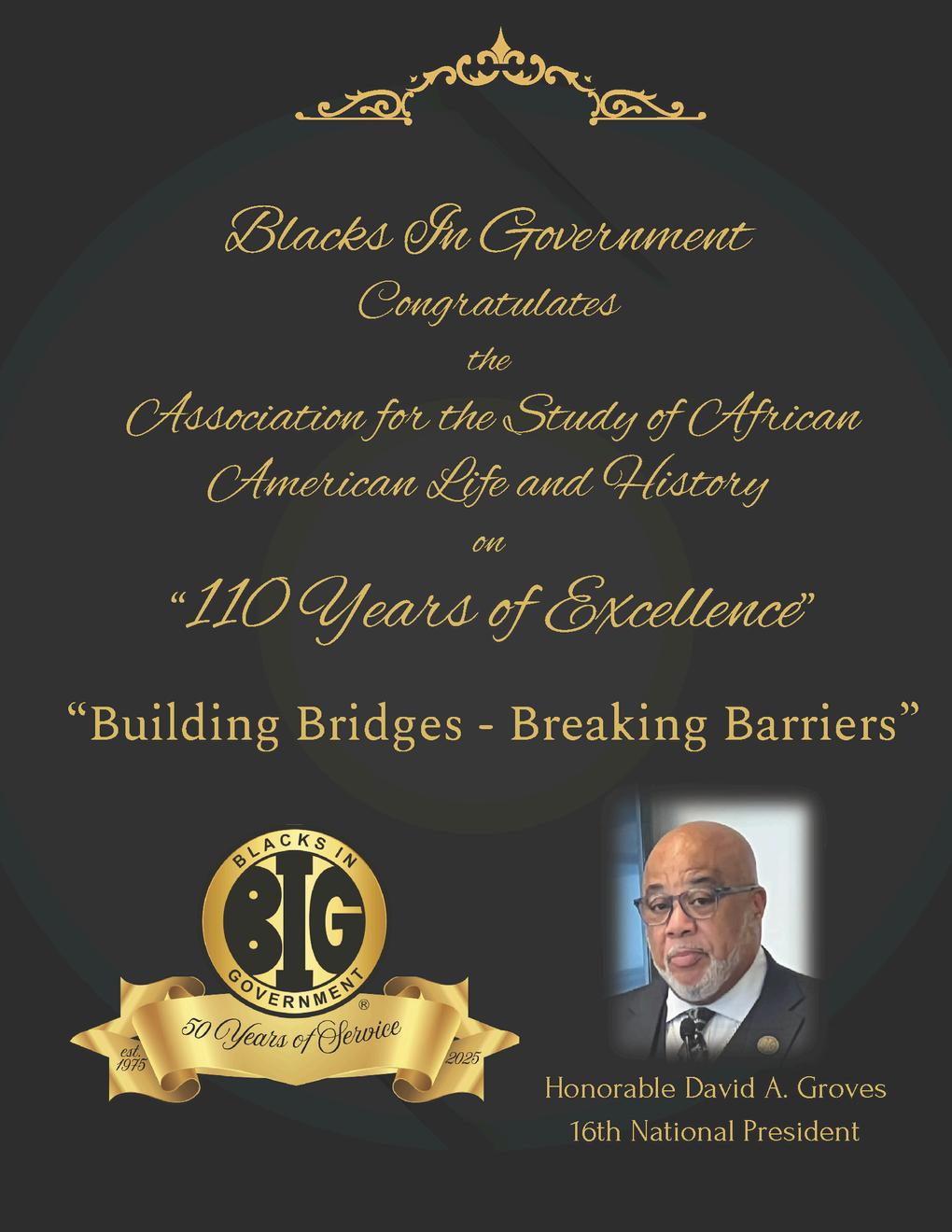
FEBRUARY 22, 2025
10:00 A.M. – 12:00 P.M. EST
FEBRUARY 22, 2025
12:00 P.M. - 4:00 P.M. EST

AUTHOR’S BOOK SIGNING EVENT
THE WESTIN WASHINGTON, DC DOWNTOWN THIS EVENT IS FREE AND OPEN TO THE PUBLIC
ANNUAL BLACK HISTORY LUNCHEON THE WESTIN WASHINGTON, DC DOWNTOWN
SE EVENTS ARE FREE AND OPEN TO THE PUBLIC
FEBRUARY 1, 2025
6:00 P.M. -7:30 P.M. EST
FEBRUARY 4, 2025
6:00 P M -7:00 P M EST
FEBRUARY 6, 2025
6:00 P.M. - 7:00 P.M. EST
FEBRUARY 13, 2025
6:00 P.M. - 7:00 P.M. EST
FEBRUARY 19, 2025
6:00 P.M. - 7:00 P.M. EST

Opening Ceremony & Culture for Service, Service for Humanity VIRTUAL EVENT | ASALH TV
Pen to Screen: Writing and Telling Black History, A Conversation with Julian Breece and Valerie Maholmes VIRTUAL EVENT | ASALH TV
The Vice President’s Black Wife: Julia Chinn and the Story of Black Women's Labor: A Conversation with Amrita Myers VIRTUAL EVENT | ASALH TV
The Reshaping of Racial Labor in the Age of A.I. with Dr. Golden Owens VIRTUAL EVENT | ASALH TV
PBS Books Presents: A Conversation with Mary Frances Berry VIRTUAL EVENT | ASALH TV

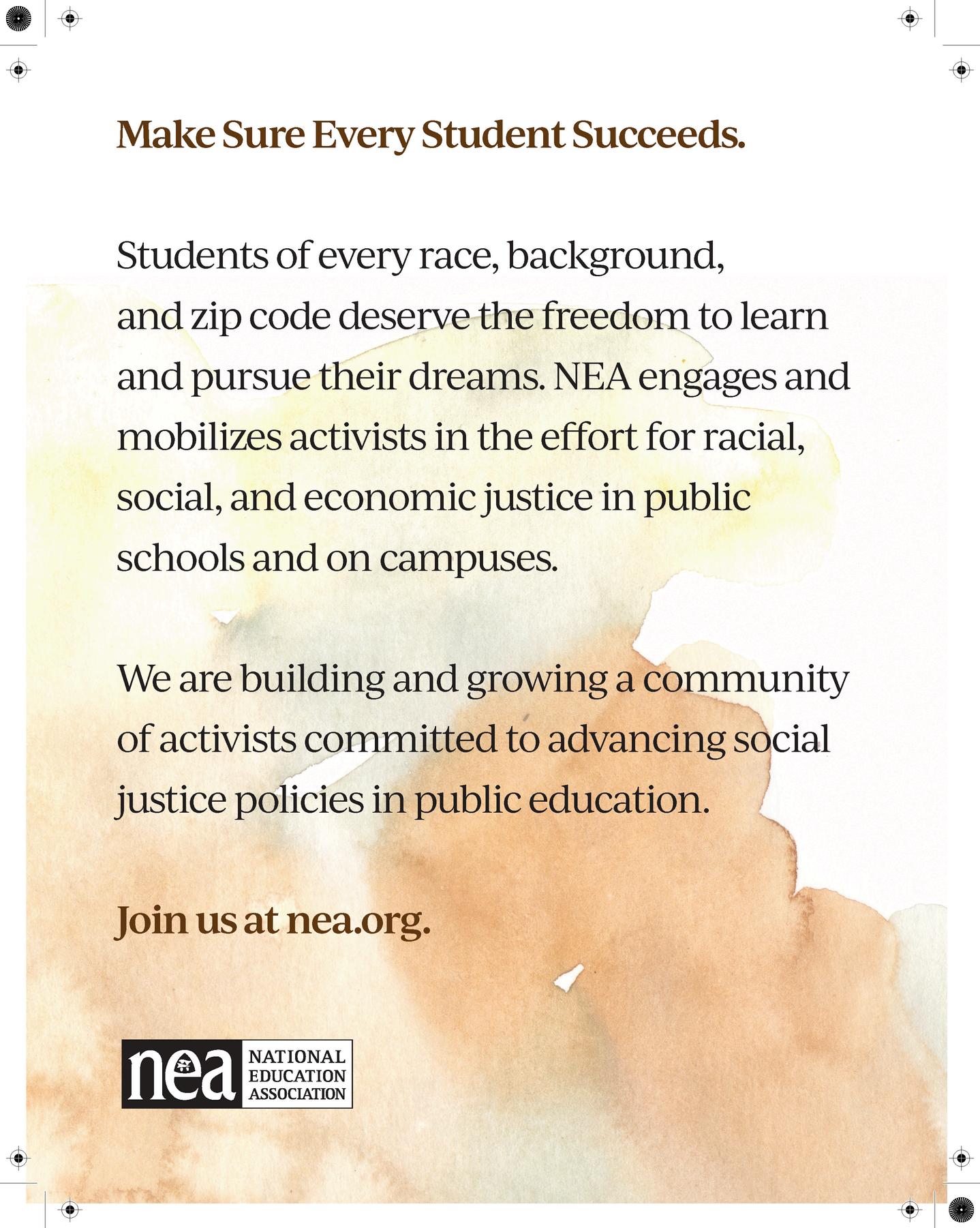


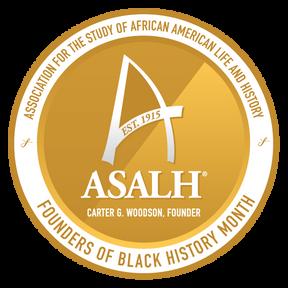



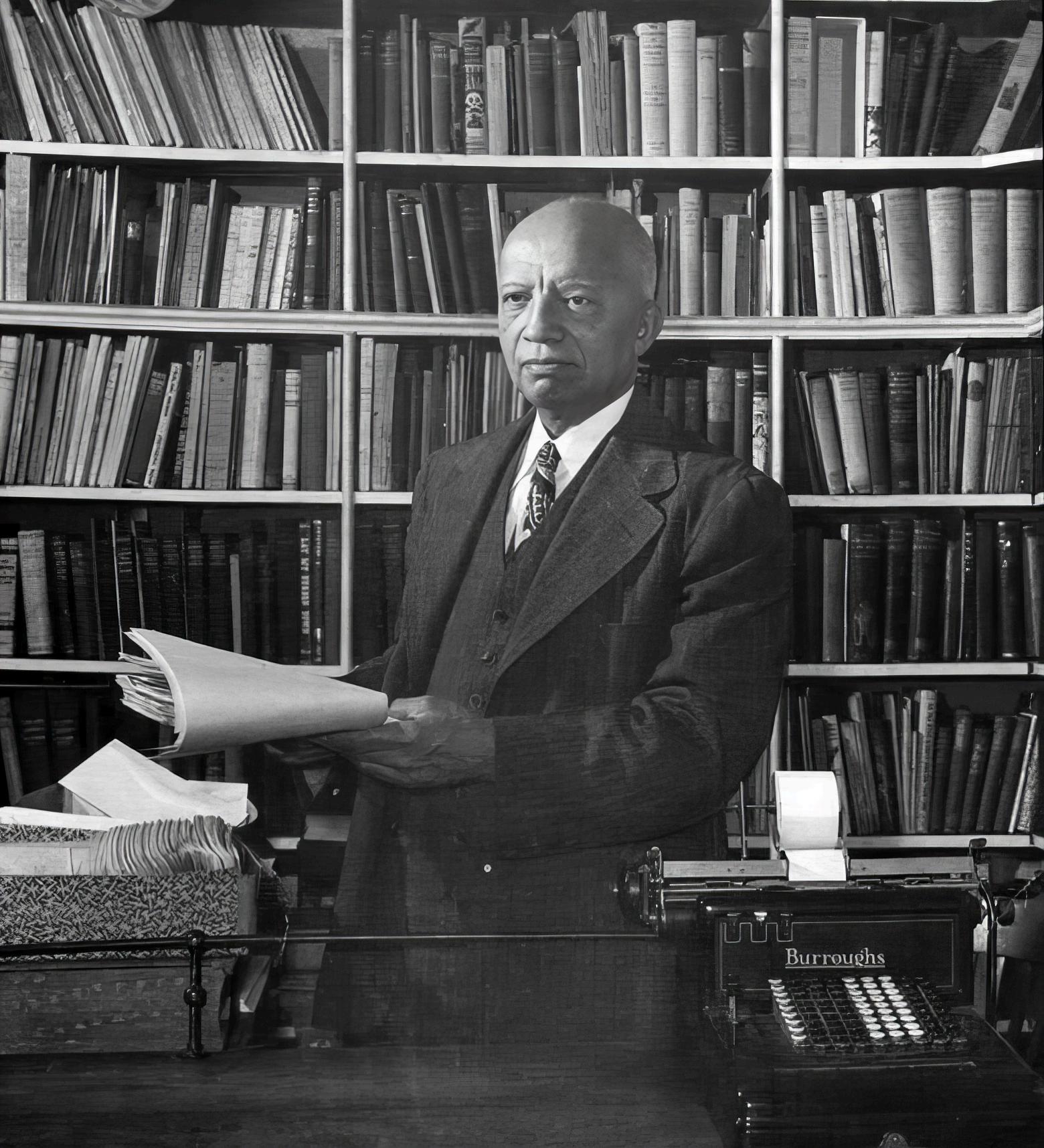

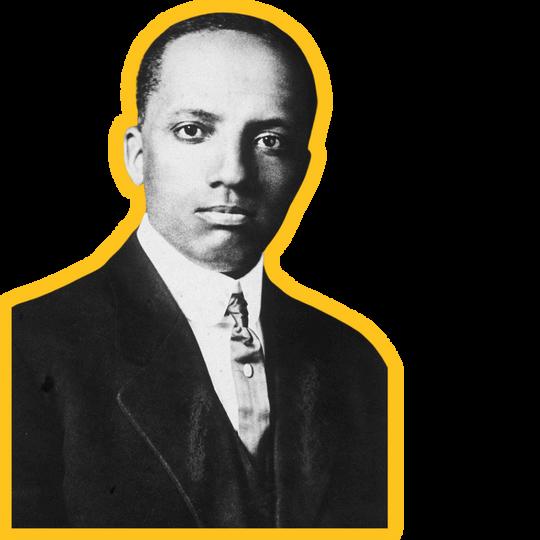
An alumnus of the University of Chicago with many friends in the city, Carter G. Woodson traveled from Washington, D.C. to participate in a national celebration of the fiftieth anniversary of emancipation sponsored by the state of Illinois.
Thousands of African Americans travelled from across the country to see exhibits highlighting the progress their people had made since the destruction of slavery. Awarded a doctorate in Harvard three years earlier, Woodson joined the other exhibitors with a black history display Despite being held at the Coliseum, the site of the 1912 Republican convention, an overflow crowd of six to twelve thousand waited outside for their turn to view the exhibits Inspired by the three-week celebration, Woodson decided to form an organization to promote the scientific study of black life and history before leaving town

CarterG.Woodson

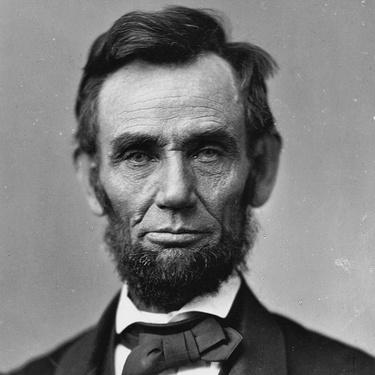

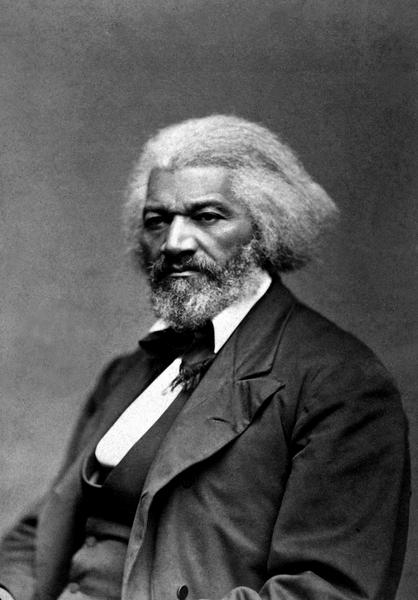




SEPTEMBER 9, 1915
On September 9th, Woodson met at the Wabash YMCA with A. L. Jackson and three others and formed the Association for the Study of Negro Life and History (ASNLH).
1924 - NEGRO HISTORY WEEK
A graduate member of Omega Psi Phi, he urged his fraternity brothers to take up the work. In 1924, they responded with the creation of Negro History and Literature Week, which they renamed Negro Achievement Week.
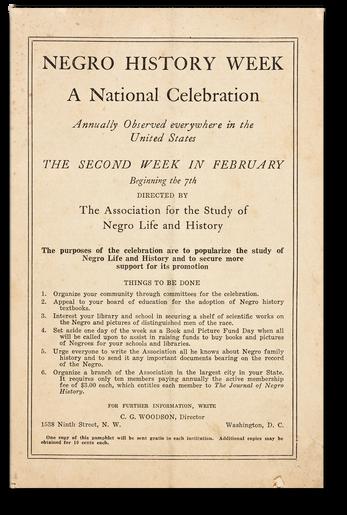


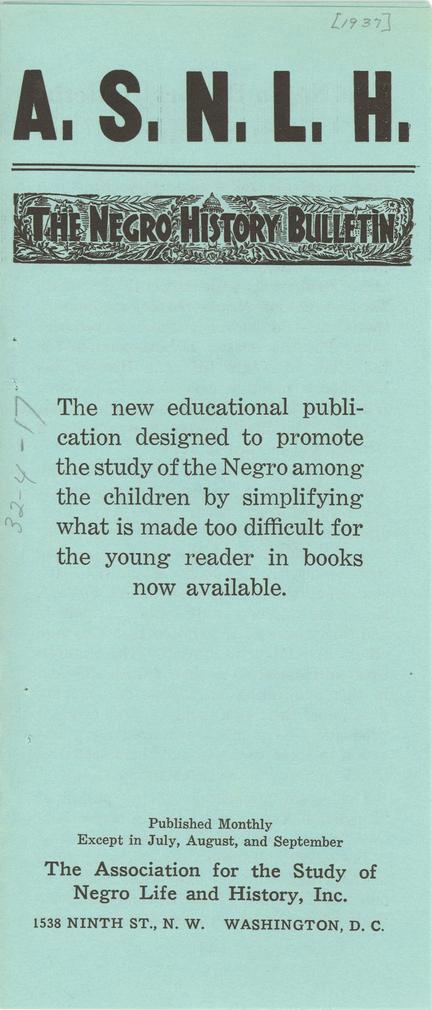
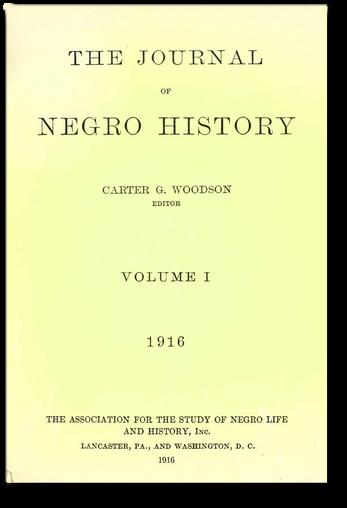
In 1937, at the urging of Mary McLeod Bethune, Woodson established the Negro History Bulletin, which focused on the annual theme. As black populations grew, mayors issued Negro History Week proclamations, and in cities like Syracuse progressive whites joined Negro History Week with National Brotherhood Week.
Dr. Woodson sends out a press release announcing Negro History Week in February, 1926.
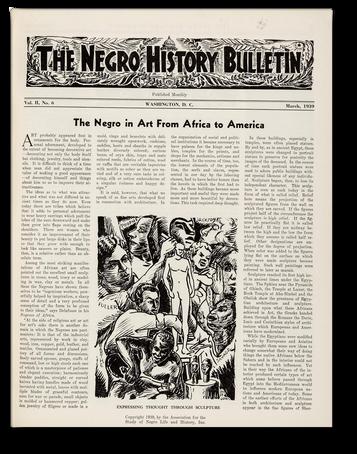
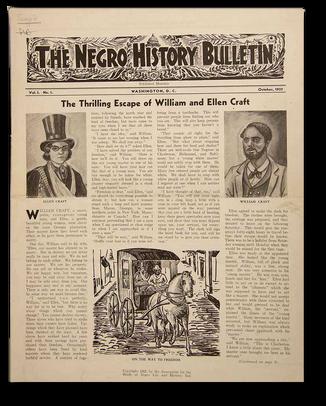


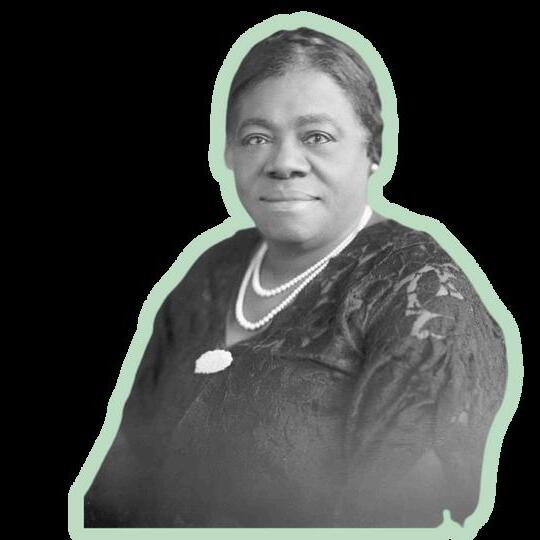
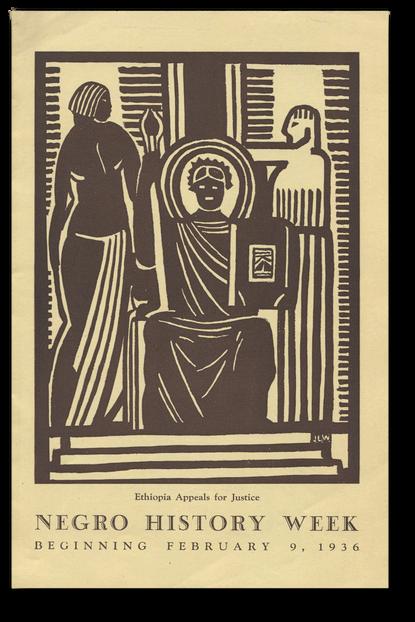
Negro History

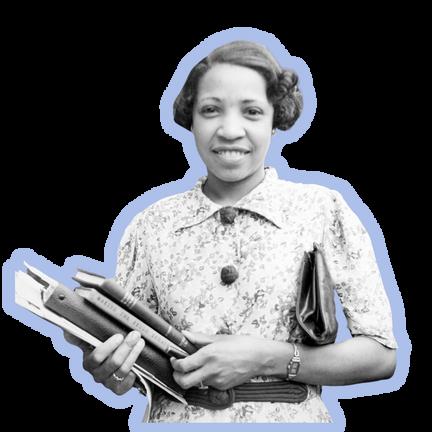

Like most ideas that resonate with the spirit of the times, Negro History Week proved to be more dynamic than Woodson or the Association could control. By the 1930s, Woodson complained about the intellectual charlatans, black and white, popping up everywhere seeking to take advantage of the public interest in black history. He warned teachers not to invite speakers who had less knowledge than the students themselves. Increasingly publishing houses that had previously ignored black topics and authors rushed to put books on the market and in the schools. Instant experts appeared everywhere, and non-scholarly works appeared from “mushroom presses.” In America, nothing popular escapes either commercialization or eventual trivialization, and so Woodson, the constant reformer, had his hands full in promoting celebrations worthy of the people who had made the history.
1936 Cover de Loïs Mailou Jo Negro History Week booklet, 1944.
In the 1940s, efforts began slowly within the black community to expand the study of black history in the schools and black history celebrations before the public. In the South, black teachers often taught Negro History as a supplement to United States history One early beneficiary of the movement reported that his teacher would hide Woodson’s textbook beneath his desk to avoid drawing the wrath of the principal. During the Civil Rights Movement in the South, the Freedom Schools incorporated black history into the curriculum to advance social change. The Negro History movement was an intellectual insurgency that was part of every larger effort to transform race relations

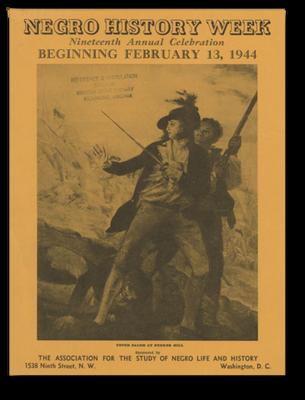
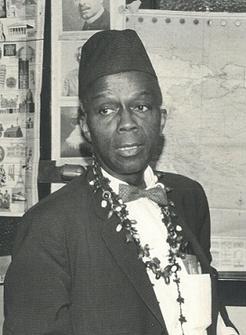

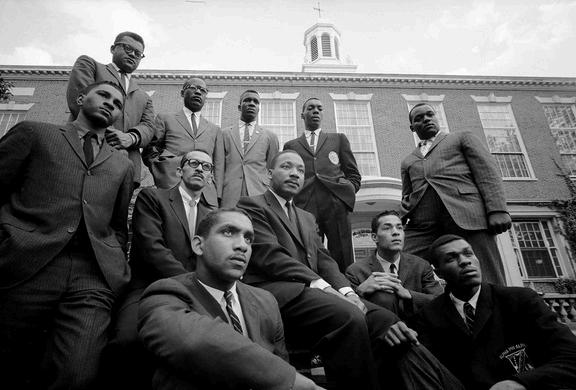
In 1976, fifty years after the first celebration, the Association used its influence to institutionalize the shifts from a week to a month and from Negro history to black history. Since the mid-1970s, every American president, Democrat and Republican, has issued proclamations endorsing the Association’s annual theme.
The 1960s had a dramatic effect on the study and celebration of black history. Before the decade was over, Negro History Week would be well on its way to becoming Black History Month. The shift to a month-long celebration began even before Dr. Woodson death. As early as 1940s, blacks in West Virginia, a state where Woodson often spoke, began to celebrate February as Negro History Month. In Chicago, a now forgotten cultural activist, Fredrick H. Hammaurabi, started celebrating Negro History Month in the mid-1960s. Having taken an African name in the 1930s, Hammaurabi used his cultural center, the House of Knowledge, to fuse African consciousness with the study of the black past. By the late 1960s, as young blacks on college campuses became increasingly conscious of links with Africa, Black History Month replaced Negro History Week at a quickening pace. Within the Association, younger intellectuals, part of the awakening, prodded Woodson’s organization to change with the times. They succeeded.

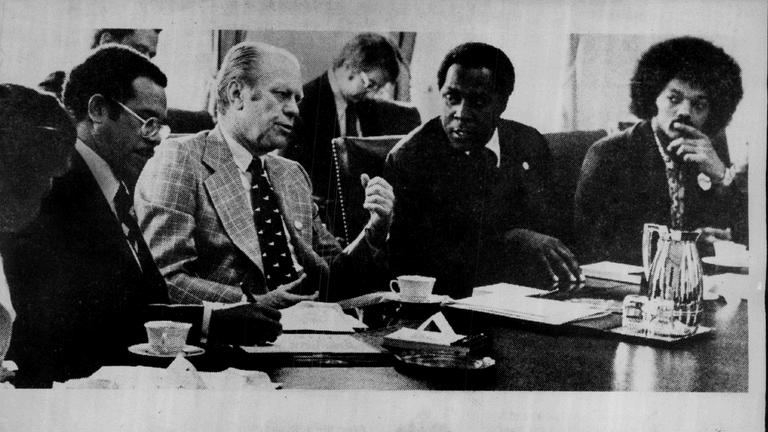


Explore Black history

Support Black-owned businesses

Commit

Read books or stories written by Black authors

Learn about Black leaders

Organize educational events




"Those who
have no record of what their forebears have accomplished lose the inspiration which comes from the teaching of biography and history."

CarterG.Woodson

What Carter G. Woodson would say about the continued celebrations is unknown, but he would smile on all honest efforts to make black history a field of serious study and provide the
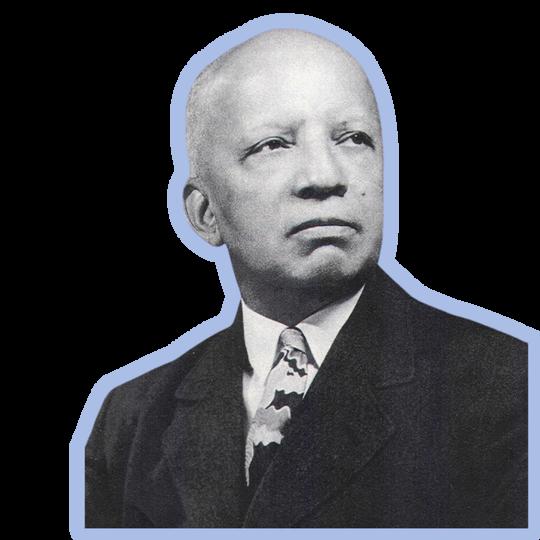
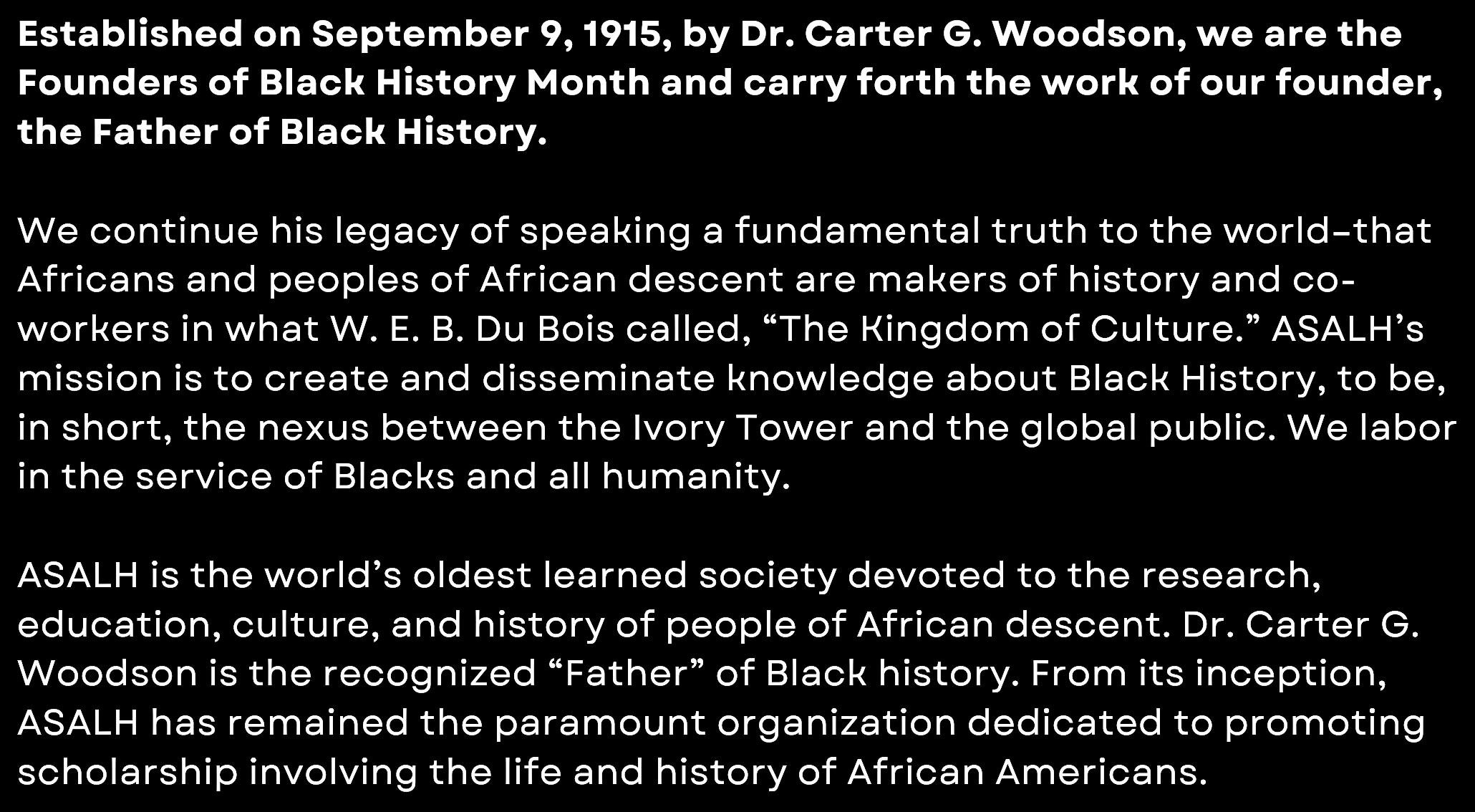


The vision of the Association for the Study of African American Life and History is to be the premier Black Heritage learned society with a strong network of national and international branches and partners whose diverse and inclusive membership will continue the Woodson legacy.
The mission of the Association for the Study of African American Life and History (ASALH®) is to promote, research, preserve, interpret, and disseminate information about Black life, history, and culture to the global community.

The Association for the Study of African American Life and History (ASALH®) is headquartered in Washington, D.C., at 301 Rhode Island Ave, NW in Washington, DC. The Association operates as local, state, and international branches promoting greater knowledge of African American history through education, research, and publishing programs.
FROM TOP TO BOTTOM: Portrait of Dr. Carter G. Woodson, ca. 1915; Unidentified man (far left), William Brewer, H. Council Trenholm, Sr., Helen Edmonds, Martin Luther King, Jr., L.D. Reddick and Charles Wesley attended the Association for the Study of Negro Life and History Annual Meeting in Montgomery, Alabama in 1957; Mary McLeod Bethune, Lucy Harth Smith, and Dr Carter G Woodson at ASALH's Annual Conference in Chicago, Illinois in 1940; Committee in charge of the celebration of the 20th anniversary of the Association for the Study of Negro Life and History, 1935 Dr Carter G Woodson is sitting to the far left, Vivian G. Harsh is sitting in the center (white blouse).
The Association for the Study of African American Life and History (EIN: 53-0219640) is a tax-exempt 501 (c)(3) organization Contributions to ASALH are tax-deductible to the extent permitted by law
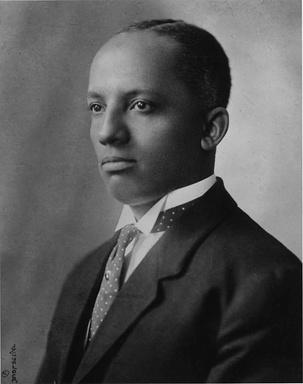



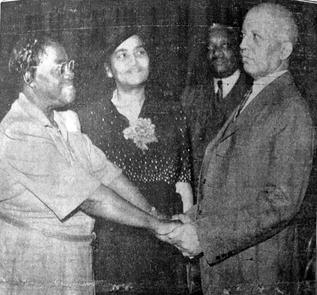


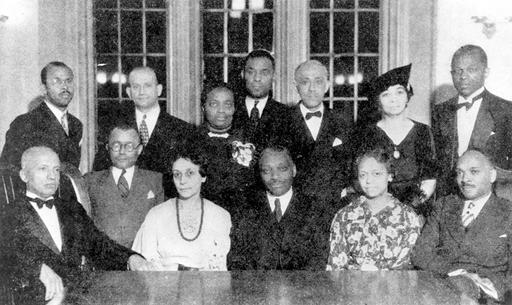
1916-1917
1917-1920
1921-1930 1931-1936 1936-1951
George Cleveland Hall
Robert E Park
John R. Hawkins
John Hope
Mary McLeod Bethune
Charles Harris Wesley
Lorenzo J Greene
J Reuben Sheeler
J. Rupert Picott
Andrew Brimmer
Edgar Toppin
Charles Walker Thomas
Earl E Thorpe
Samuel L Banks
Jeanette Cascone (acting)

William Harris
Andrew Brimmer
Robert Harris, Jr.
Janette Hoston Harris
Bettye J. Gardner
Edward Beasley
Samuel DuBois Cook, Sr
Gloria Harper Dickinson
Sheila Y. Flemming
John E. Fleming
James B. Stewart
Daryl Michael Scott
Evelyn Brooks Higginbotham
W Marvin Dulaney
Karsonya Wise Whitehead








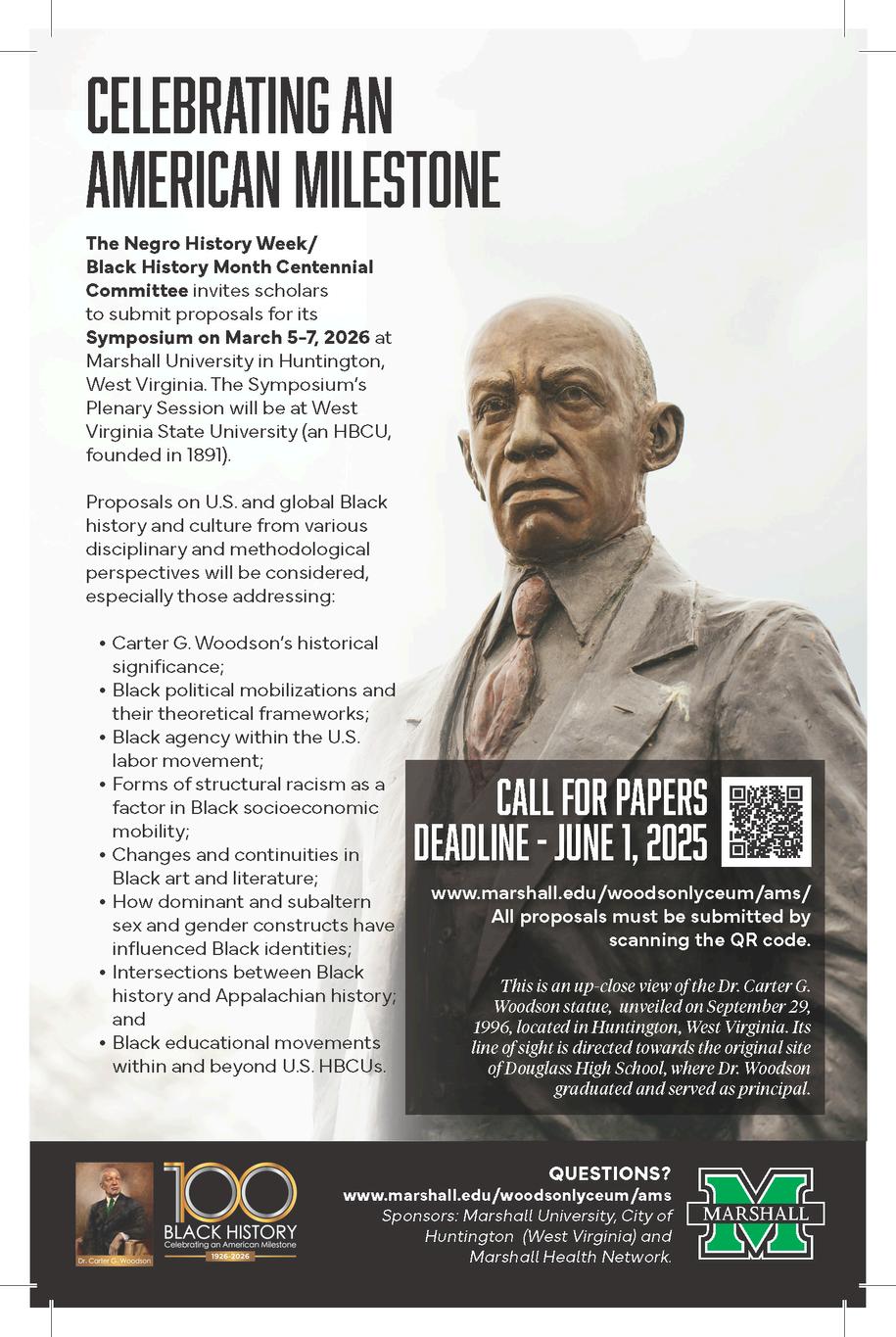
KAYE WISE WHITEHEAD PRESIDENT
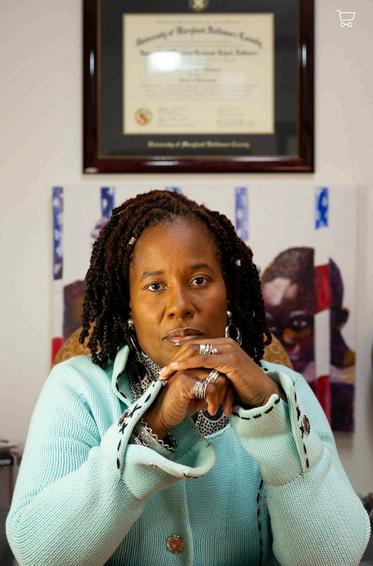
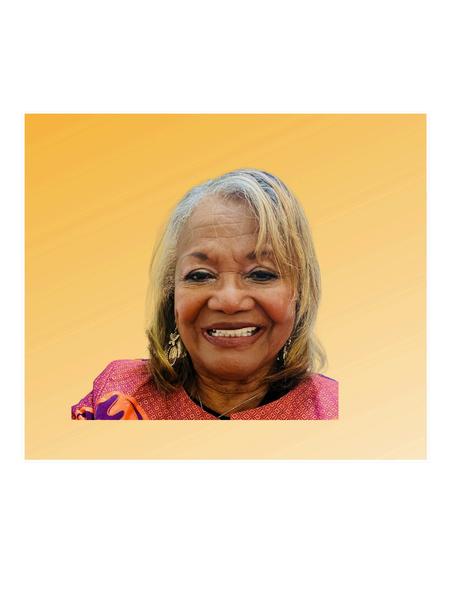
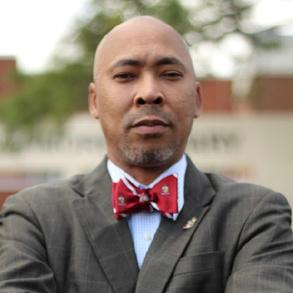
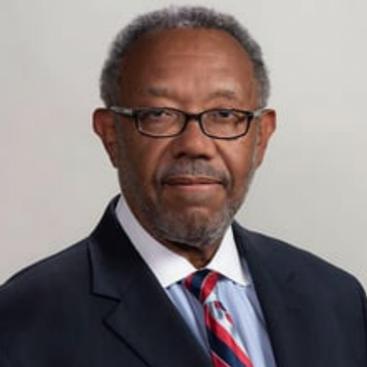
TREASURER
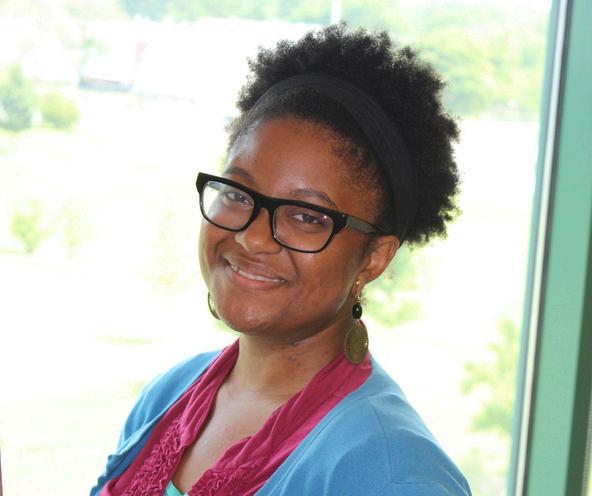
AAISHA HAYKAL VICE PRESIDENT FOR PROGRAMS
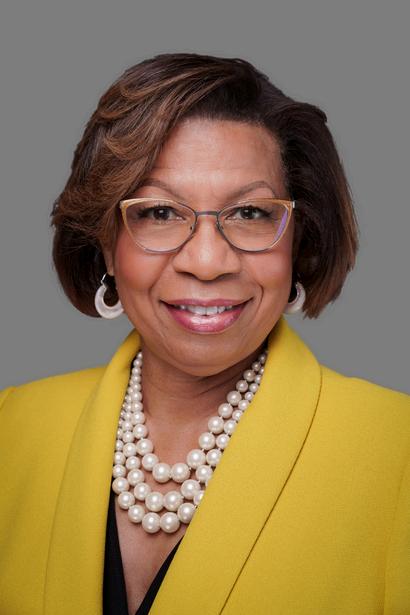
John E. Adams
John Ashley
Denise Rolark Barnes
Karen Cook Bell
Cornelius L. Bynum
Anthony Cade II
Sundiata K. Cha-Jua
Natanya Duncan
Deidre Foreman
Aisha Johnson
Kimberly L. Jeffries Leonard
Lionel Kimble
Walter Lanier
Lopez D. Matthews, Jr.
Tomiko Meeks
Zebulon Vance Miletsky
James Morgan III
Crystal Moten
Kenvi Phillips
Chadra Pittman
Crystal Sanders
Camesha Scruggs
Daryl Michael Scott
Gladys Gary Vaughn
Carlton E. Wilson
Augustus C. Wood
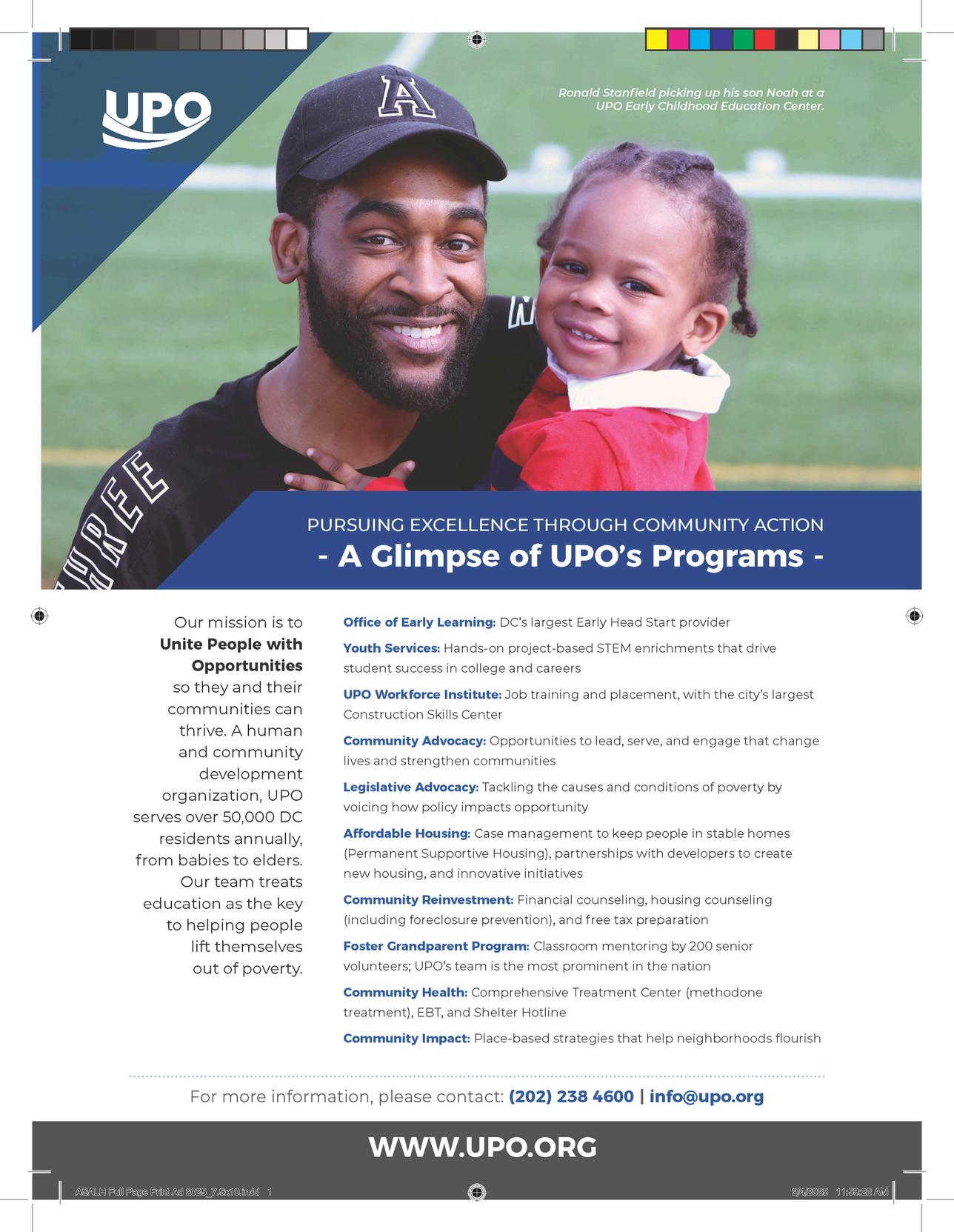

Formerly the Journal of Negro History
Founded by Carter G Woodson, January 1, 1916
EDITOR
BERTIS D. ENGLISH
Alabama State University
ASSOCIATE EDITOR
DERRICK P. ALRIDGE
University of Virginia, Charlottesville
ASSISTANT EDITOR
CRYSTAL R. SANDERS
Emory University
BOOK REVIEW EDITOR
MAURICE ROBINSON
Alabama State University
ASSISTANT BOOK REVIEW EDITOR
DERRYN E. MOTEN
Alabama State University
EDITORIAL ASSISTANT
DAVID TAYLOR COOK
Alabama State University
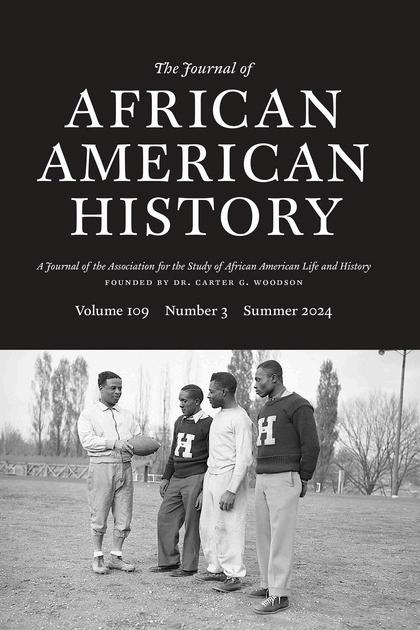
LESLIE ALEXANDER
Rutgers University
SHAWN L. ALEXANDER
University of Kansas
DAVARIAN L. BALDWIN
Trinity College
CHARISSE BURDEN-STELLY
Wayne State University
KAREN COOK BELL
Bowie State University
DENNIS C DICKERSON
Vanderbilt University
JELANI M. FAVORS
North Carolina Agricultural and Technical State University
VALERIE GRIM
University of Indiana-Bloomington
WILL GUZMÁN
North Carolina Central University
MAURICE J. HOBSON
Georgia State University
MARTHA S. JONES
Johns Hopkins University
CHERISSE JONES-BRANCH
Arkansas State University
BLAIR L. M. KELLEY
University of North Carolina-Chapel Hill
IBRAM X KENDI
Boston University
CHARLES MCKINNEY JR.
Rhodes College
KHALIL GIBRAN MUHAMMAD
Harvard University
KEVIN J. MUMFORD
University of Illinois at Urbana-Champaign
JEFFREY O G OGBAR
University of Connecticut
RUSSELL RICKFORD
Cornell University
NIKKI M. TAYLOR
Howard University
ULA YVETTE TAYLOR
University of California, Berkeley
STEPHANIE J. SHAW
Ohio State University
QUITO J SWAN
George Washington University
AUGUSTUS C. WOOD
University of Illinois UrbanaChampaign
DARIUS J. YOUNG
Florida Agricultural and Mechanical University
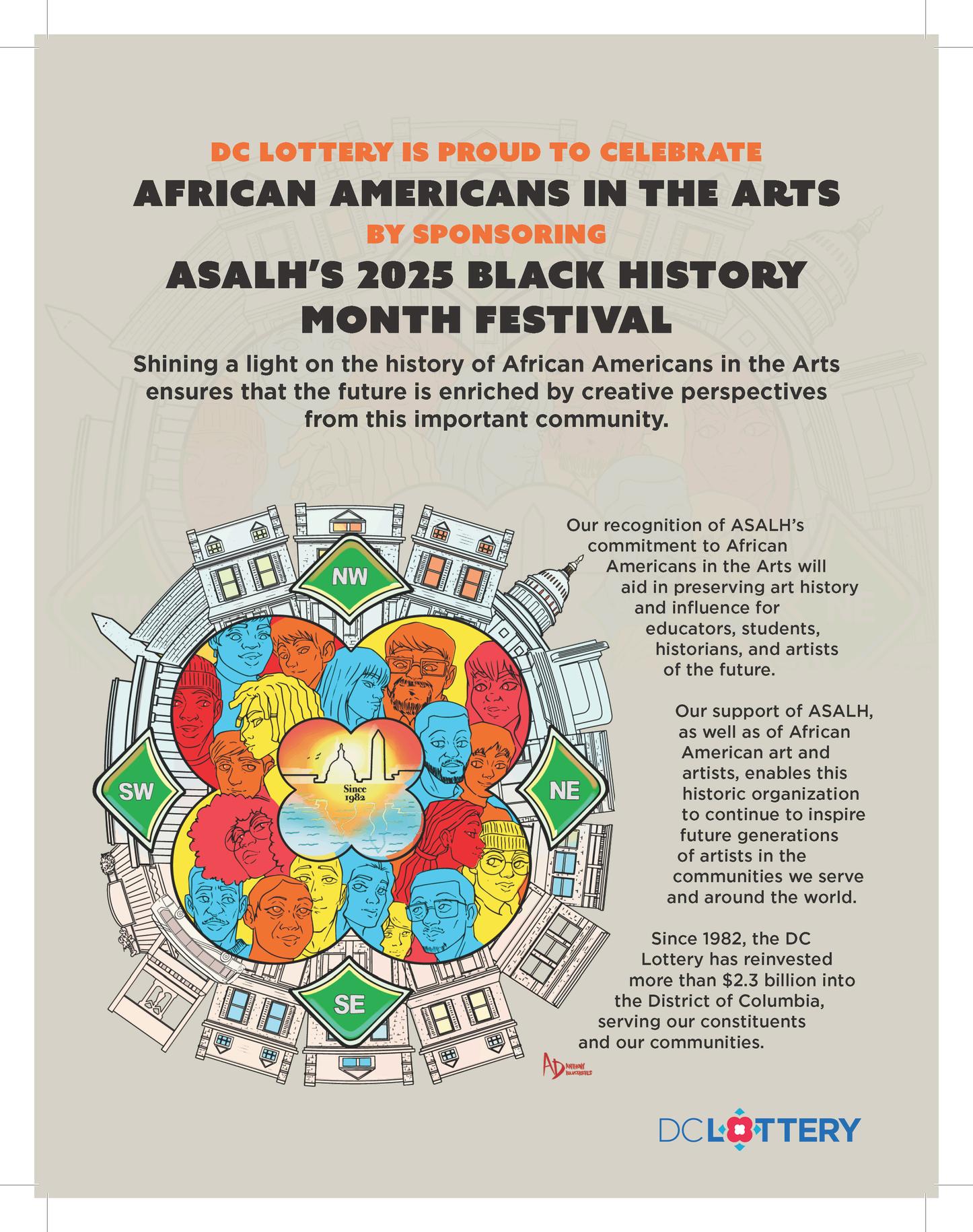
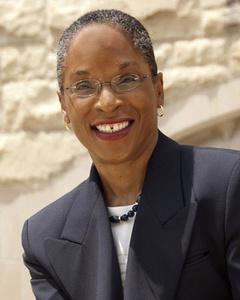
Professor Emerita and retired associate vice president, Administration and Finance, Northern Illinois University
DAVID CAMPOS
DR. AL
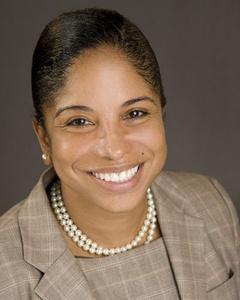
ITOR DR. LA EDITOR
Department c g ofessorship in Education holder, Southwestern University
University of the Incarnate Word
CHARLES DUKES
Florida Atlantic University
JOSEPH E. FLYNN
Northern Illinois University
GENEVA GAY
(PROF. EMERITA)
University of Washington
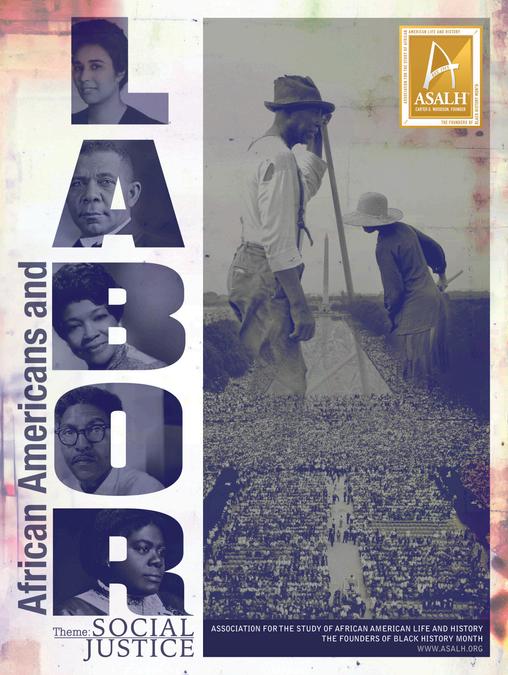
SATASHA GREEN-STEPHEN
Minnesota State
JASON KAHLEED HAYES
Education Strategist
PAMELA LAMAR-DUKES
Florida Atlantic University
PAUL LARUE
(RET ) Washington High School, Ohio
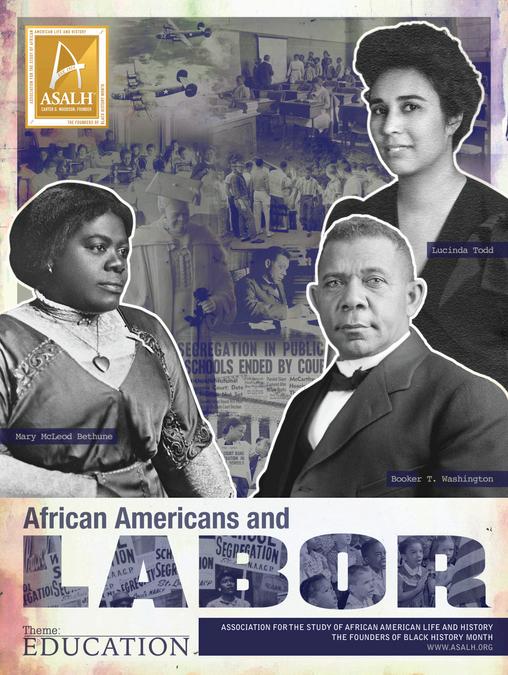
KIM PEARSON
The College of New Jersey
KATHERINE SCOTT STURDEVANT Pikes Peak State College
ANGELA M. WARD
Urban Public School Equity Leader
GWENDOLYN WEBB
Texas A&M University
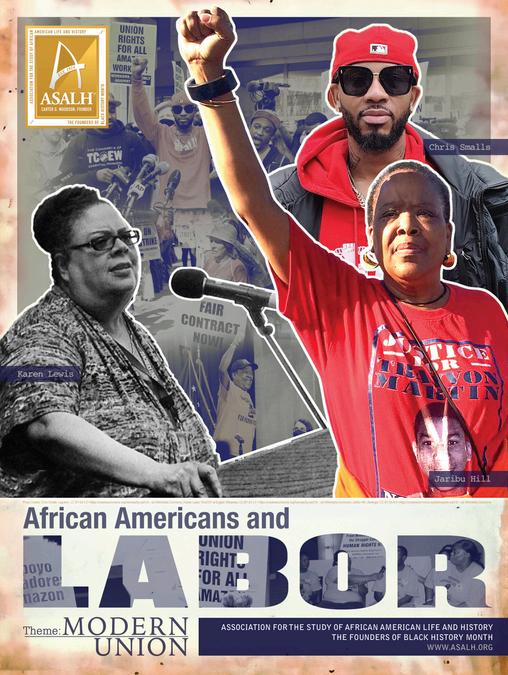
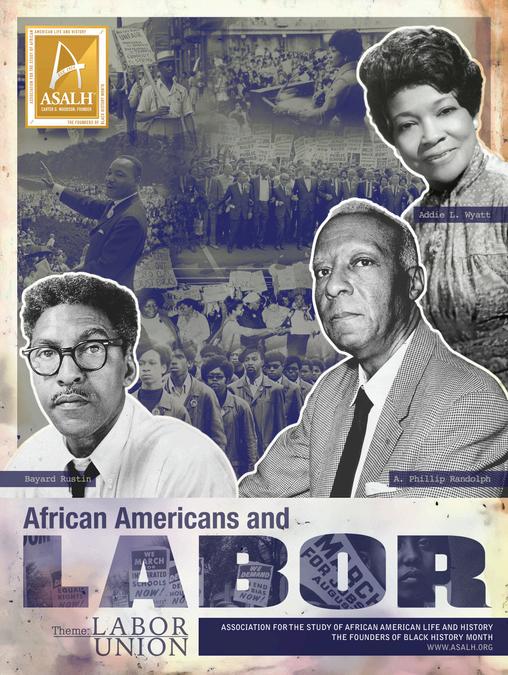
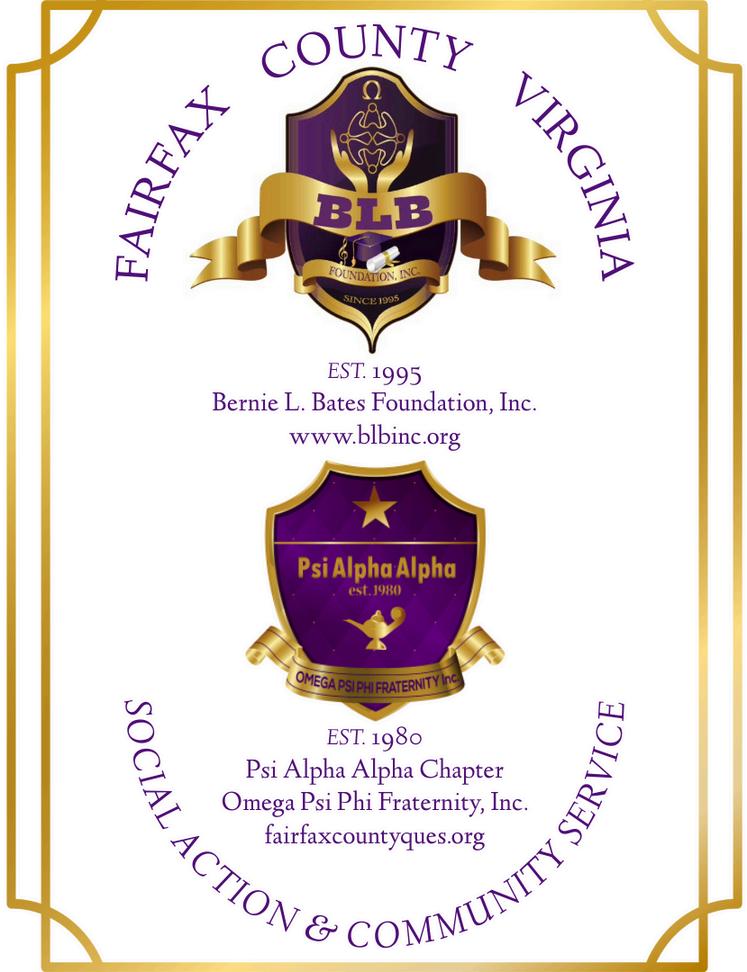

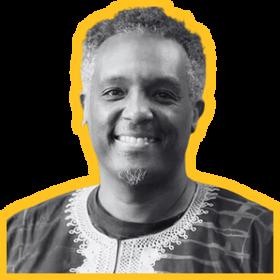

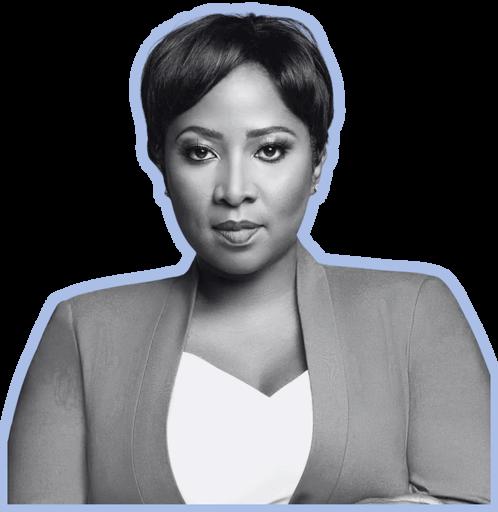


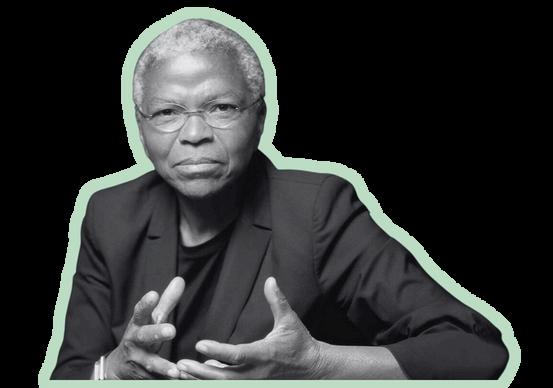

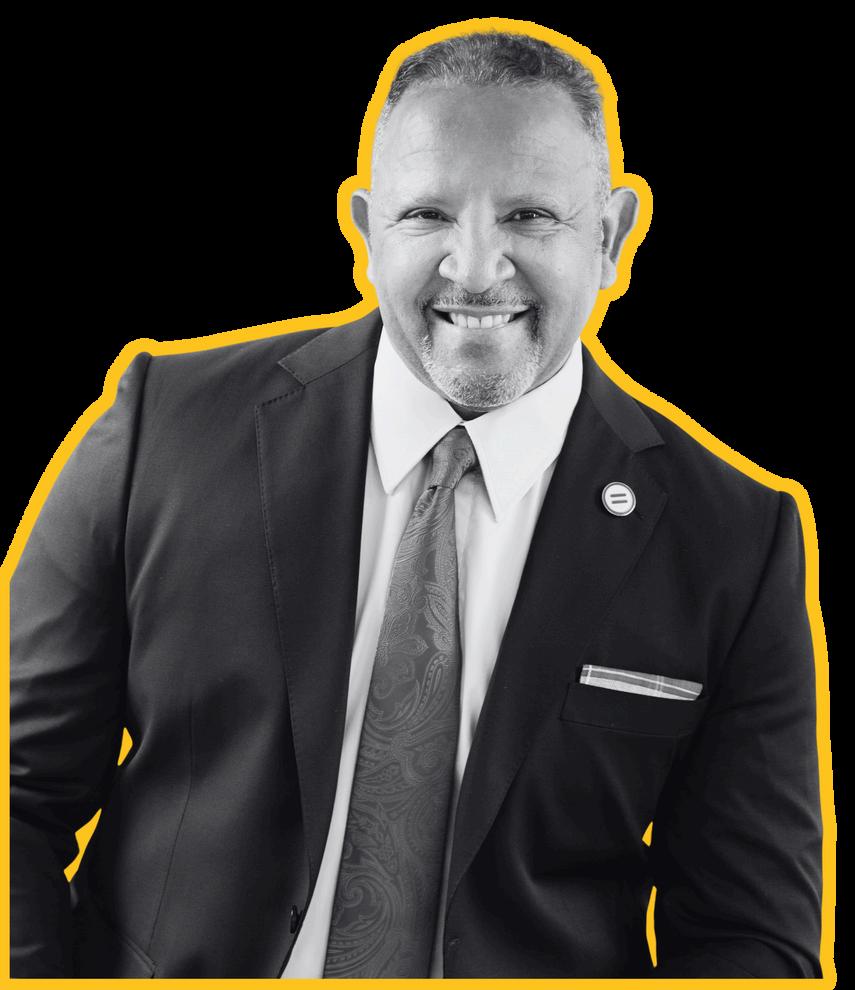



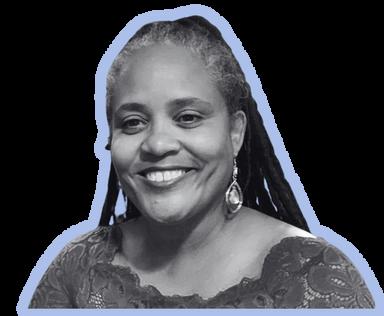






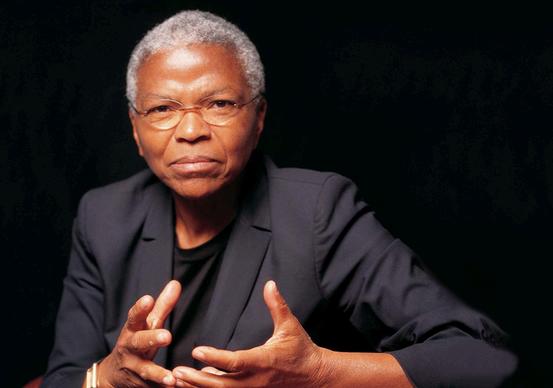
Studies emerita at the University of Pennsylvania A trailblazer in scholarship and activism, Dr Berry has received honors like the 2021 Lewis Award for History and Social Justice and the 2012 Nelson Mandela Award for her role in the Free South Africa Movement A former U S Commission on Civil Rights Chair, she holds degrees from Howard and Michigan and has authored 13 books. Her latest, Slavery After Slavery, is our now and available for purchase



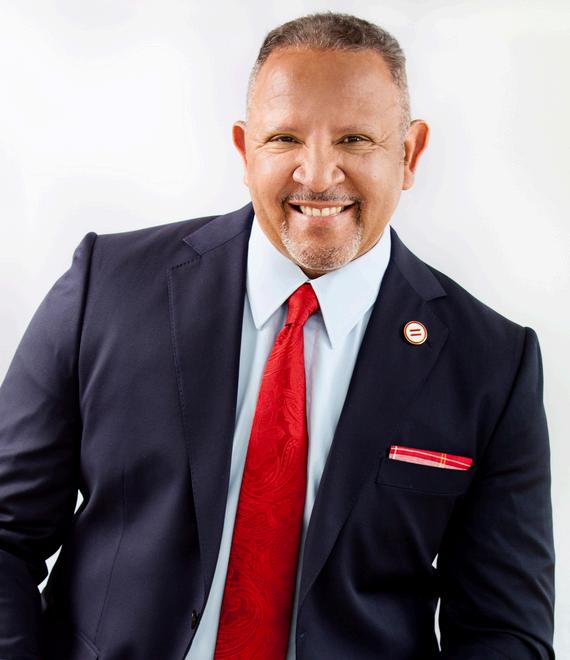


E jo s for American Urban Radio Networks, where she covers press briefings and key national events. She is also the host of Viewpoints Explained, a program that explores current issues with expert guests Known for her advocacy of cultural and social justice, McMorris uses her platform to engage audiences and share critical insights on important topics.
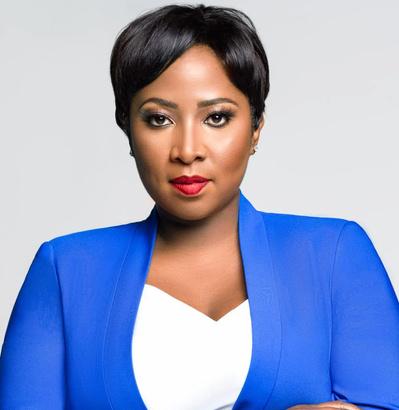

to 2002. Morial’s leadership has contributed to significant progress in closing economic disparities and advocating for policies that uplift underserved communities across the U.S. He is a recognized advocate for racial equity and urban revitalization.

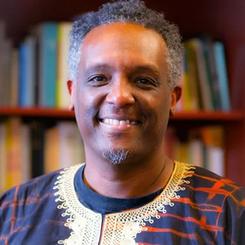





Christine Sampson-Clark is a passionate union advocate and educator in the Trenton Public Schools in New Jersey who has worked to ensure equitable access to quality education for all students She holds a Master of Education in Special Education from Grand Canyon University and a Bachelor of Arts in Psychology from Rutgers University Sampson-Clark is an Executive Committee member of the National Education Association, as well as the NAACP and the New Jersey Association of Black Educators She is also o 1719 W
Greg Carr has served as Chair of the Department of Afro-American Studies at Howard University and as an Associate Professor A renowned scholar, he specializes in African American history, culture, and Afrocentric thought, making significant contributions to the field through his teaching and research He has also co-edited the African World History Project, a multi-volume initiative dedicated to documenting and preserving the global history of African peoples.


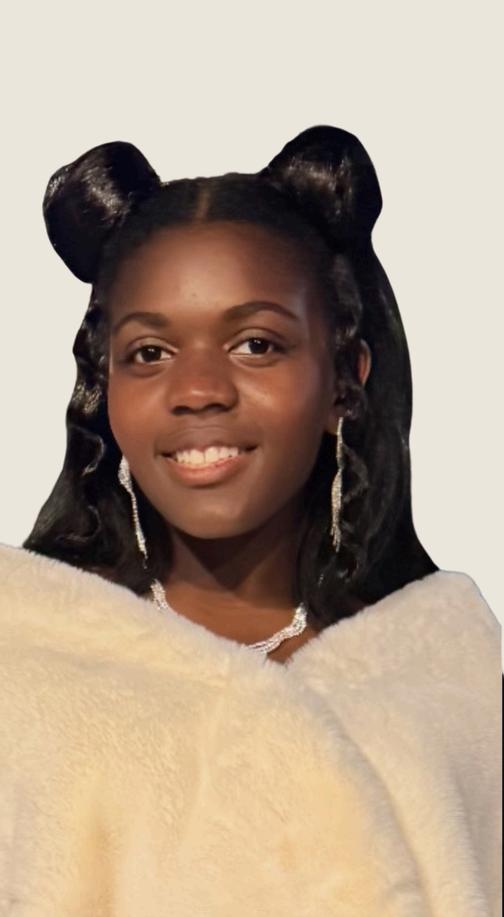
y participated in a few choir related events prior such as all state, and other honor choirs

FEATURING THE MUSIC OF AJQ PLUS 1

MISTRESS OF CEREMONIES
Ebony McMorris, American Urban Radio Networks
LIFT EVERY VOICE AND SING
Black National Anthem
Sarea Manson, Student, Carter G. Woodson High School, Fairfax, VA
WELCOME AND GREETINGS
Karsonya Wise Whitehead, ASALH President
Edna Kane Williams, EVP and Chief Diversity, Equity, and Inclusion Officer, AARP
INVOCATION AND GRACE
Marla F Frederick, Dean, Harvard Divinity School
THE OCCASION
Mary Frances Berry, Geraldine R. Segal Professor of American Social Thought, University of Pennsylvania
INTRODUCTION OF THE ASALH EXECUTIVE COUNCIL AND SPECIAL GUESTS
Sharita Jacobs Thompson, Luncheon Committee Co-Chair
Valerie Maholmes, Luncheon Committee Member
RECOGNITION OF THE 2025 ASALH BOOK PRIZE WINNER
Karen Cook-Bell, Book Prize Committee Chair
SPECIAL PRESENTATION
Sylvia Y. Cyrus, ASALH Executive Director
REMARKS FROM SPECIAL GUEST
Lonnie G. Bunch III, Secretary of the Smithsonian Institution
LUNCH IS SERVED
KEYNOTE PANEL
Moderator: Greg Carr, Associate Professor, Howard University
Panelists: Marc Morial, President CEO, National Urban League, and Christine Sampson-Clark, Executive Committee Member, National Education Association
INTRODUCTION OF THE BLACK HERITAGE STAMP
Lisa Bobb-Semple, Director, Stamp Services, United States Postal Service, Washington, DC
MEMBERSHIP APPEAL
Anita Shepherd, ASALH Vice President for Membership
SPECIAL PRESENTATIONS
OMEGA PSI PHI FRATERNITY, INC.
Mark E. Jackson Sr., First Vice Grand Basileus Shawn R. Lacey, Third District Representative
OMEGA PSI PHI LIFE MEMBERSHIP FOUNDATION, INC.
Perry Caudle, Jr., Vice Chairman, Omega Life Membership Foundation, Inc.
Larry A. Brown, Executive Director
CLOSING REMARKS AND ACKNOWLEDGEMENTS
Sylvia Y Cyrus, ASALH Executive Director
BENEDICTION
Marla F. Frederick, Dean, Harvard Divinity School
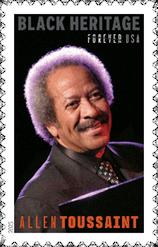
The 48th Black Heritage stamp in the series will honor Allen Toussaint (1938–2015), the virtuoso pianist, singer, songwriter, composer, arranger and producer responsible for scores of hits across multiple genres. Designed by Ethel Kessler, an art director for USPS, the stamp features a photograph taken by Bill Tompkins in New York City in 2007
FREE and open to the public! The Annual Black History Month Luncheon will feature a variety of exhibitors from 10 am - 4 pm.
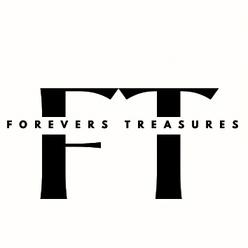
Starter
Artisan Rolls | Butter
Soup
Corn and Sweet Potato Chowder
Salad
Baby Kale Salad
Spiced Pears, Dried Cranberries, Goat
Cheese, Spiced Pumpkin Seeds, Apple Ci
Vinaigrette
Entrees
Braised Short Ribs & Cornbread and Col
Stuffed Chicken Breast
Sage Cream, Smoked Gouda Macaroni an Cheese, Green Beans with Shallots
Vegan Option
Vegan Bolognese
Pappardelle Pasta, Mozzarella, Fried Basil
Dessert
Sweet Potato Cheesecake, Crushed
Pecan Praline





We have branches throughout the United States. In order to join a branch, you must first be a member of ASALH National, and then you must pay the branch dues (if applicable). Contact your branch representative listed on our branch directory for their meeting notices and take your receipt to the meeting to show proof of your National Membership.
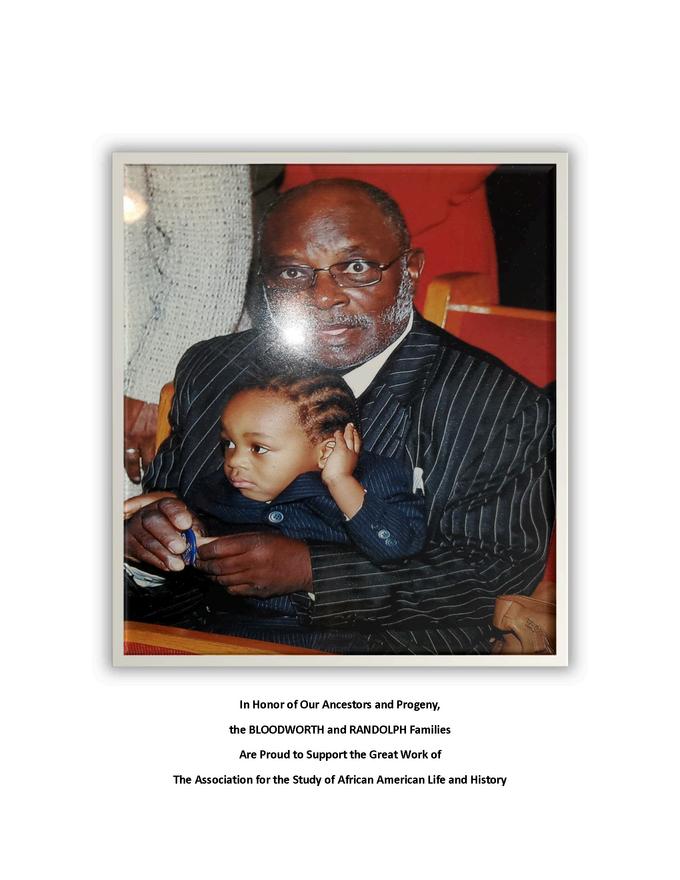
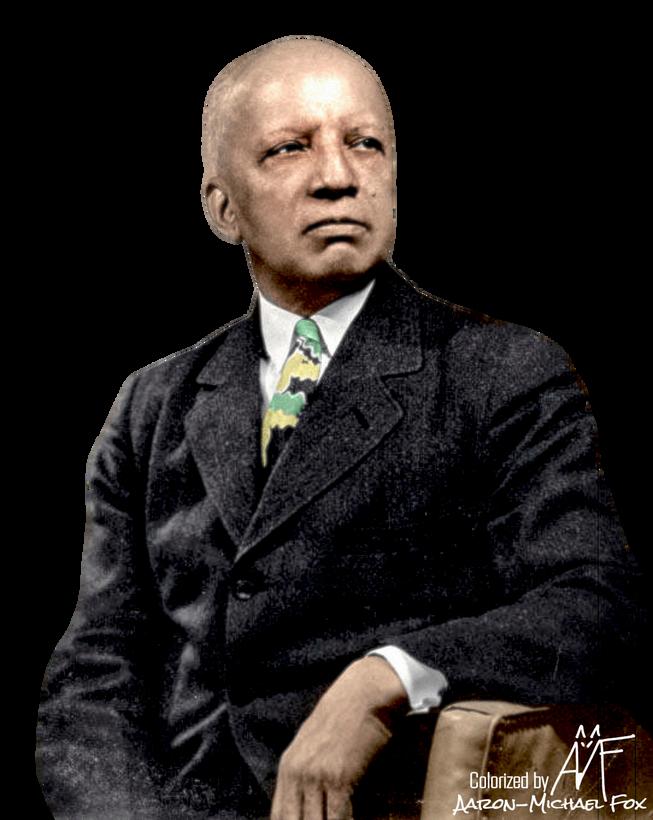

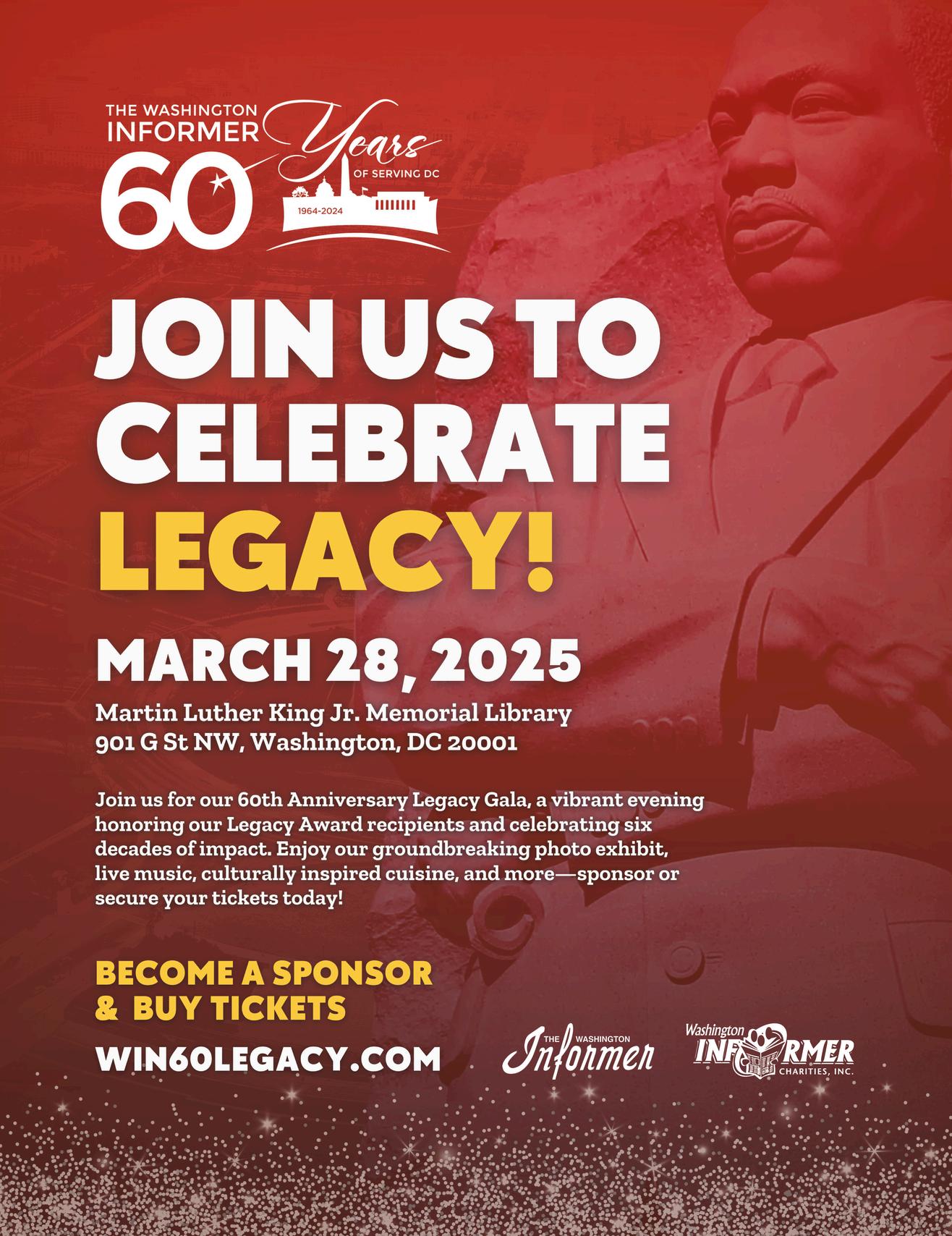

SATURDAY,FEBRUARY22,2025|10:00AM-12:00PM
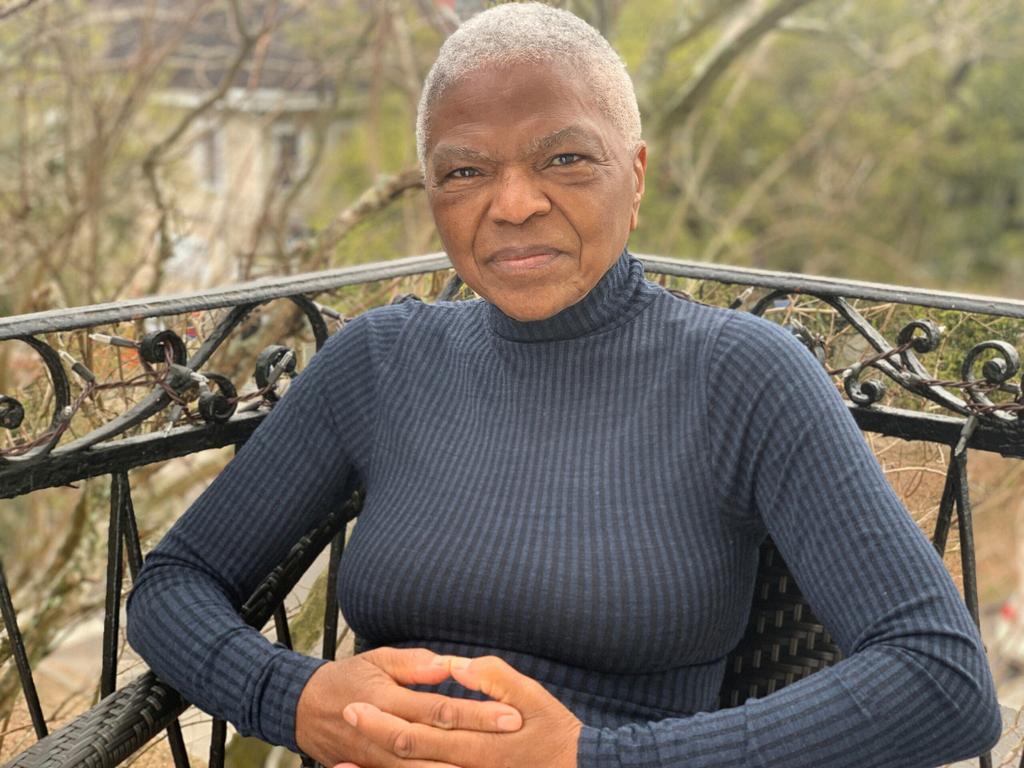
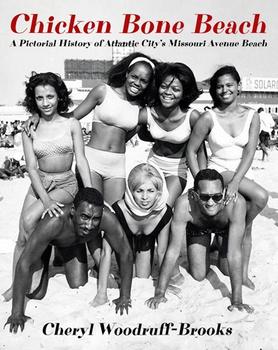
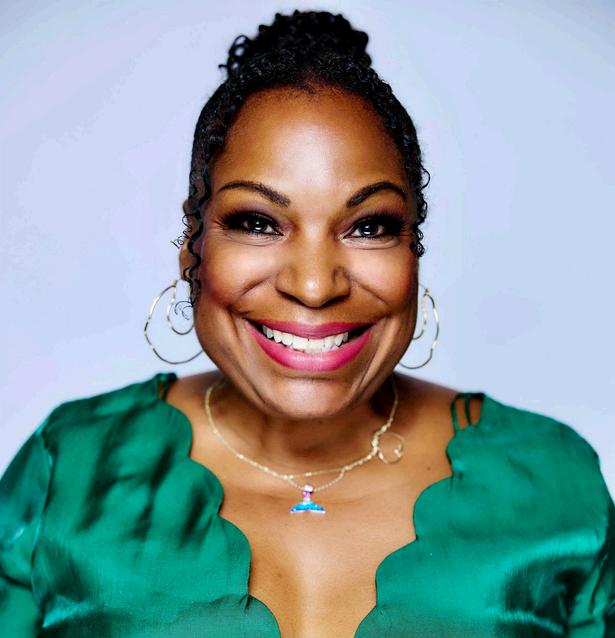
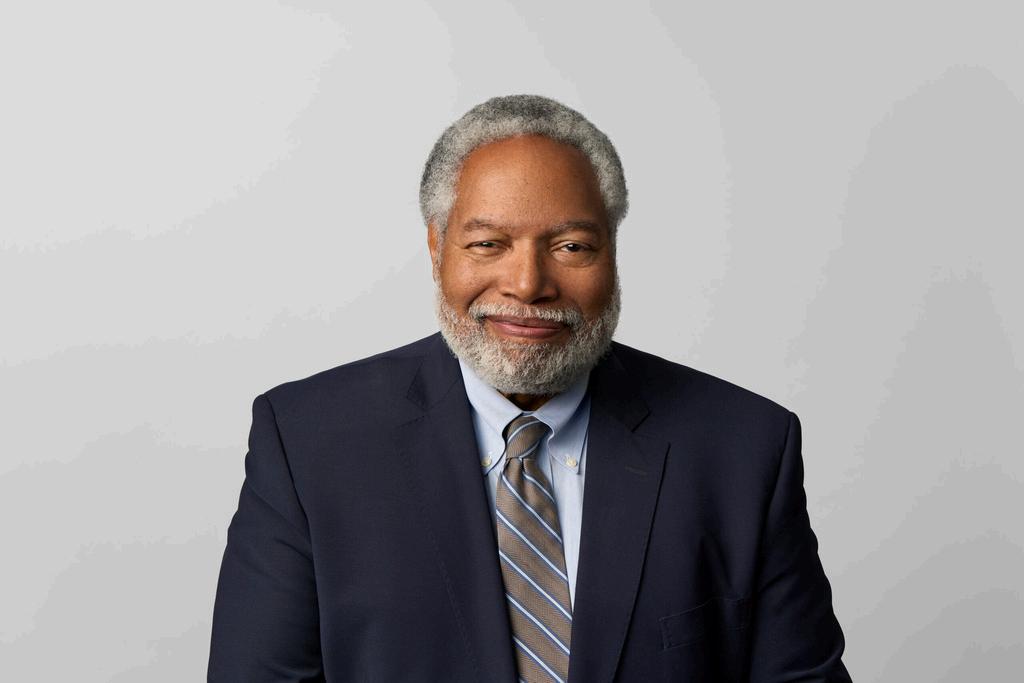
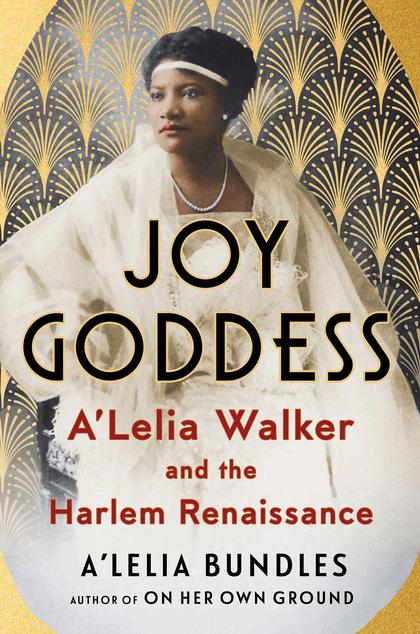
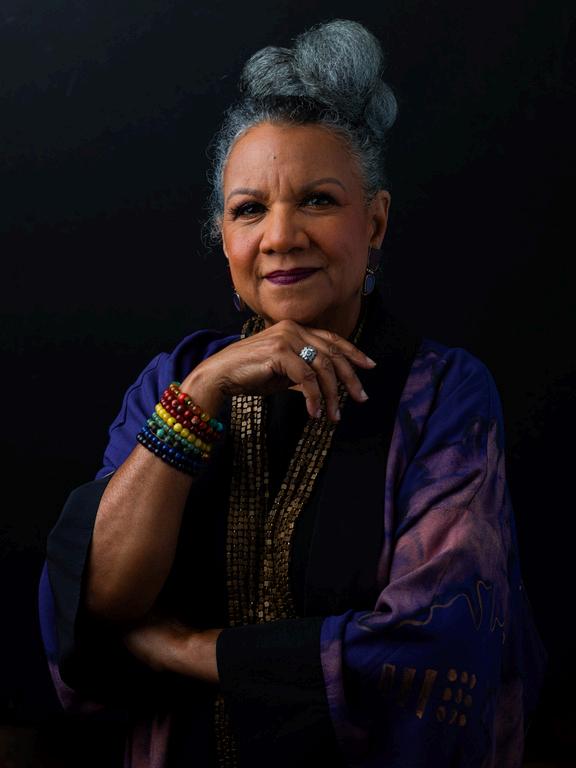
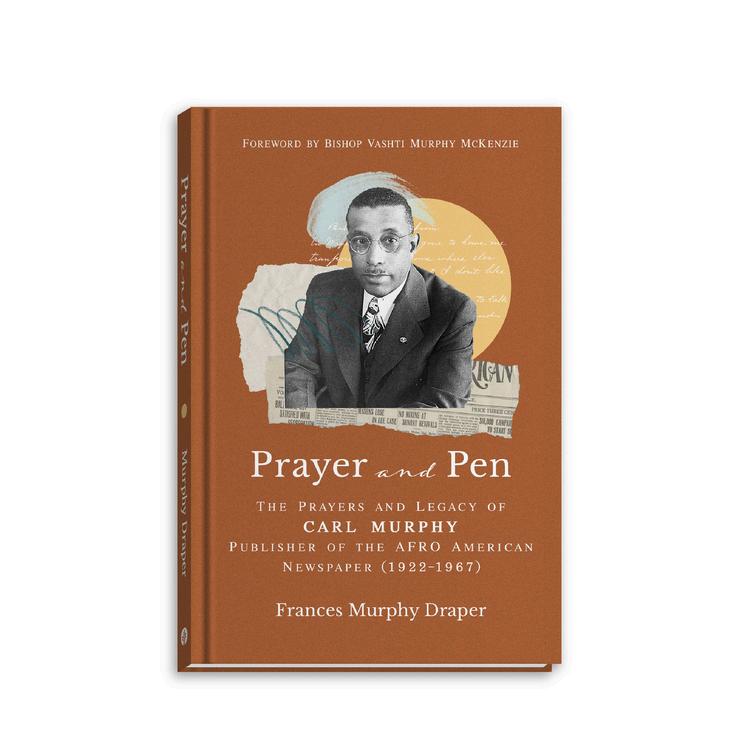
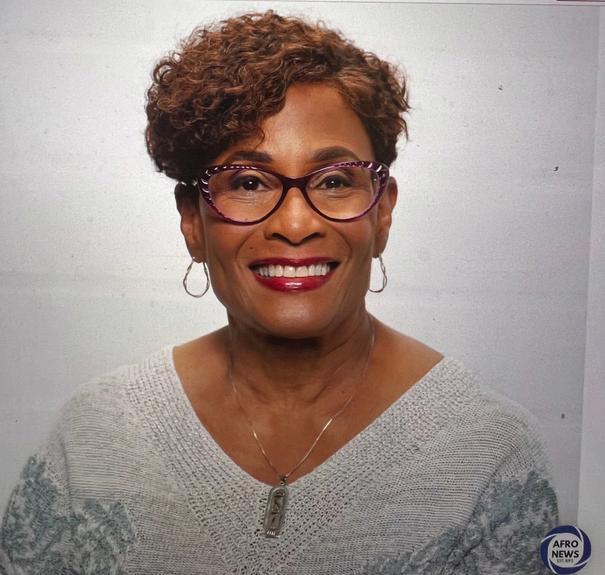
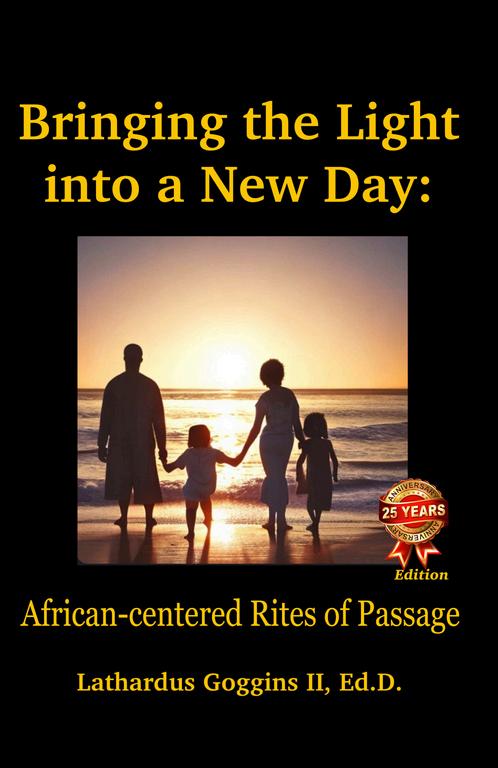
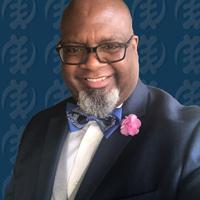
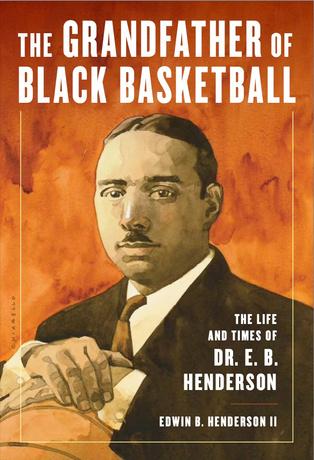
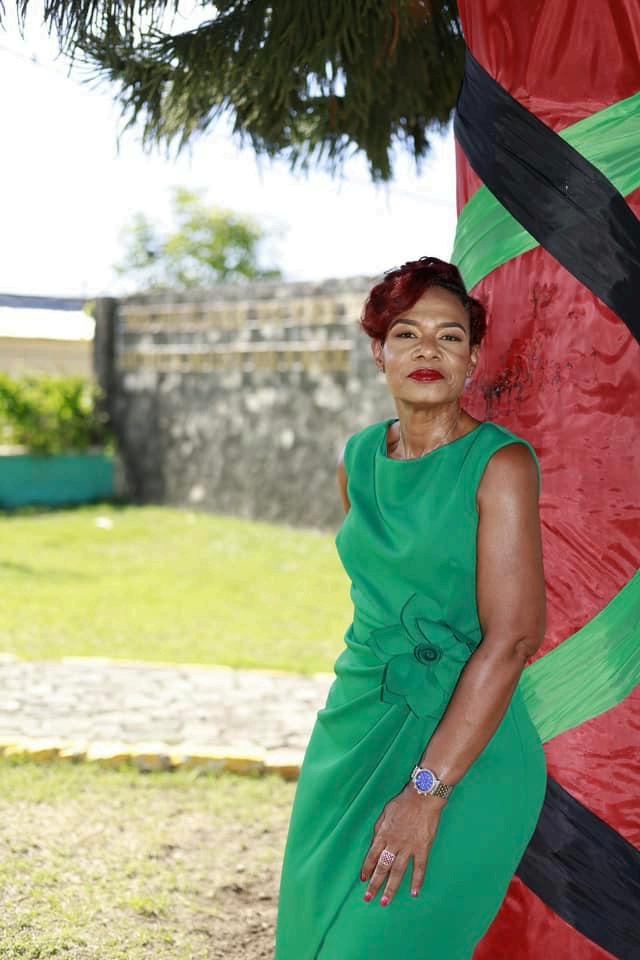
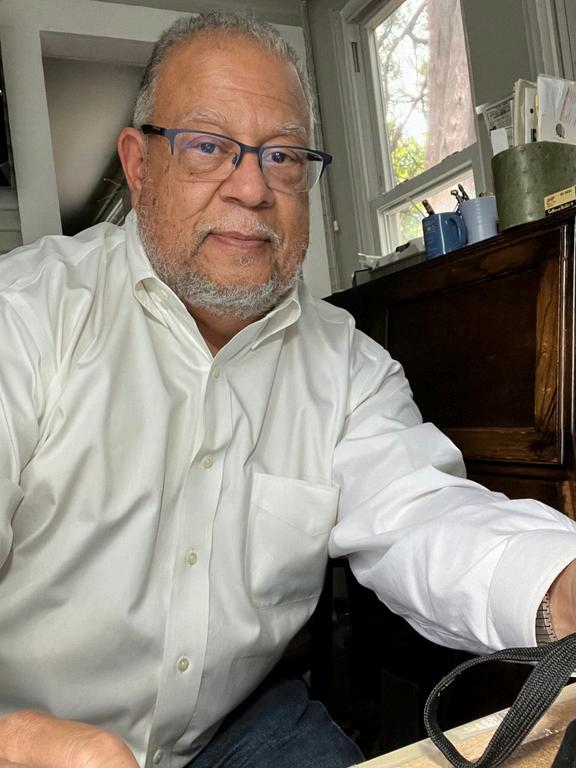
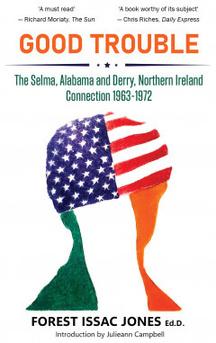
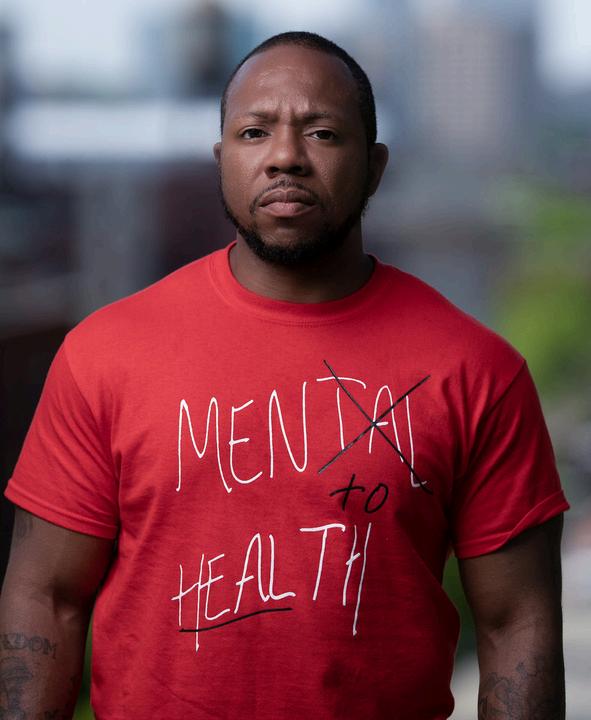
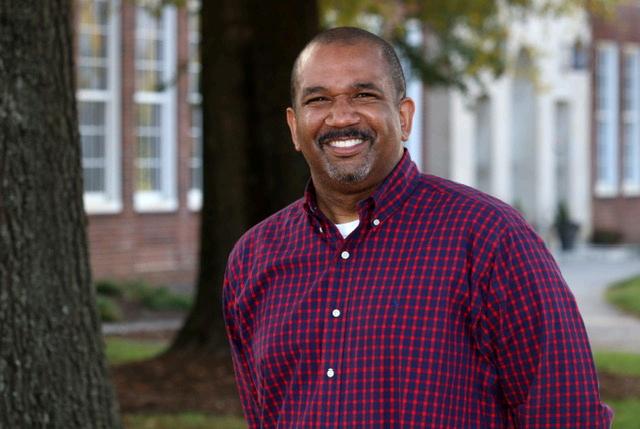
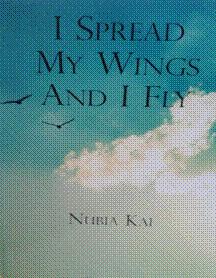
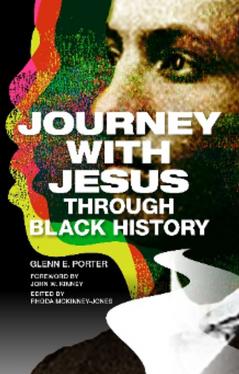
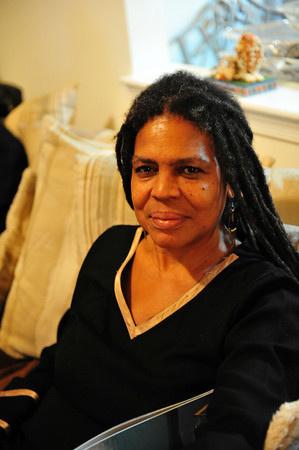
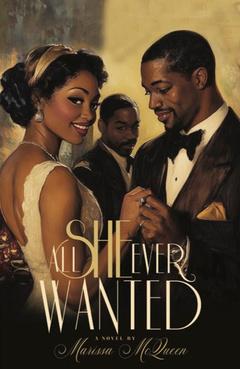
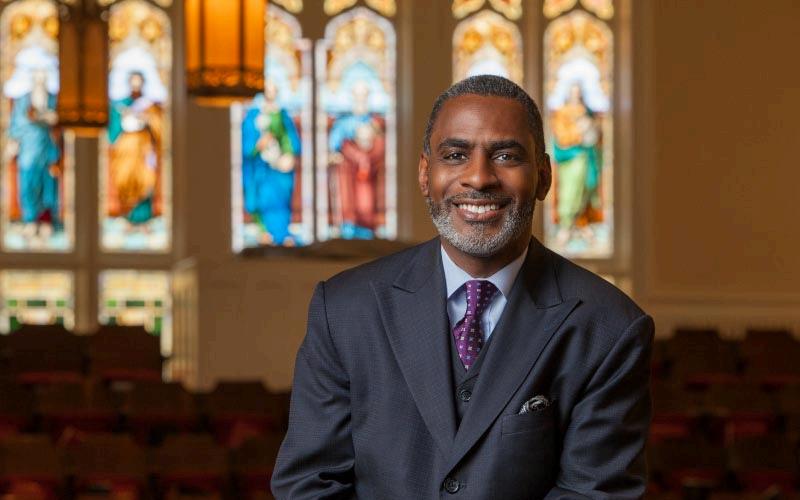
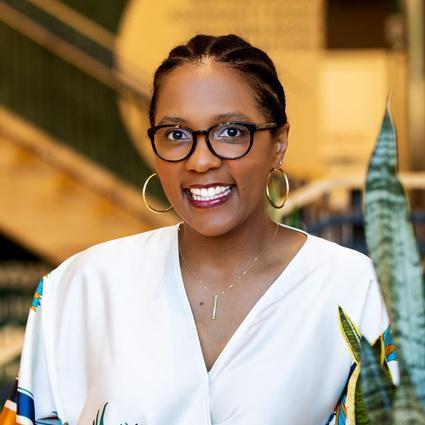
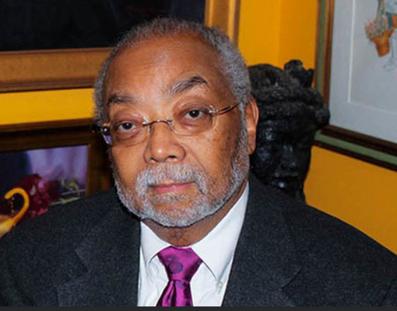

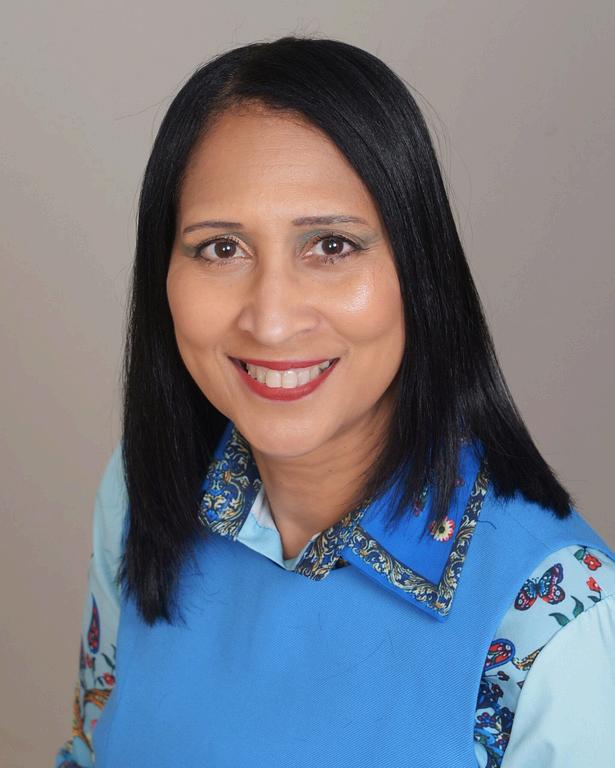
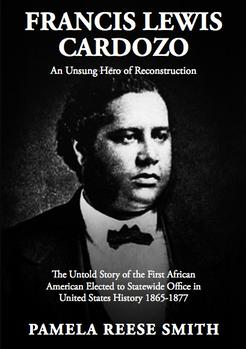
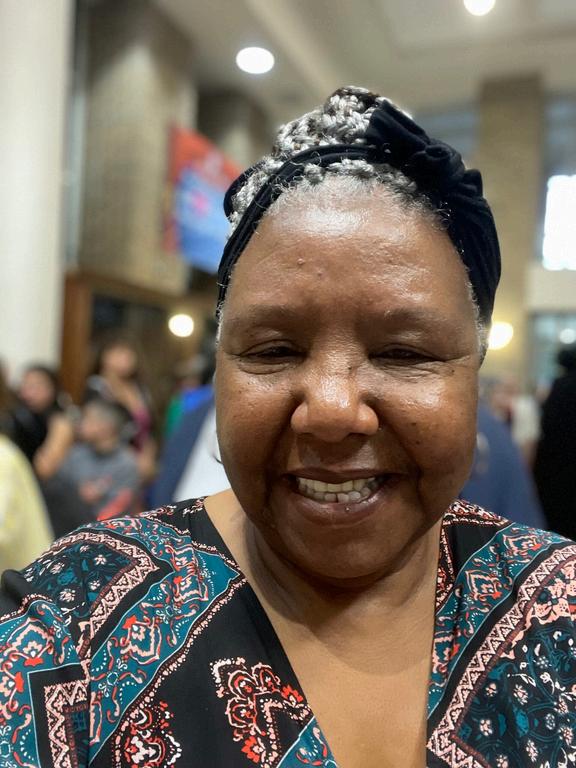
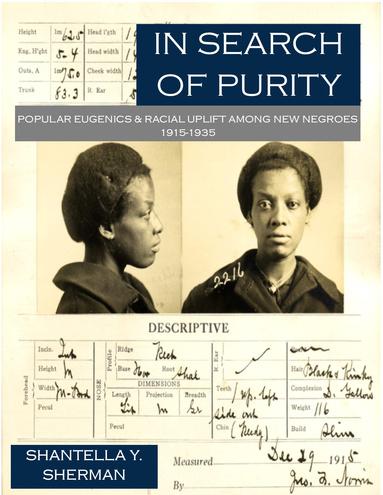
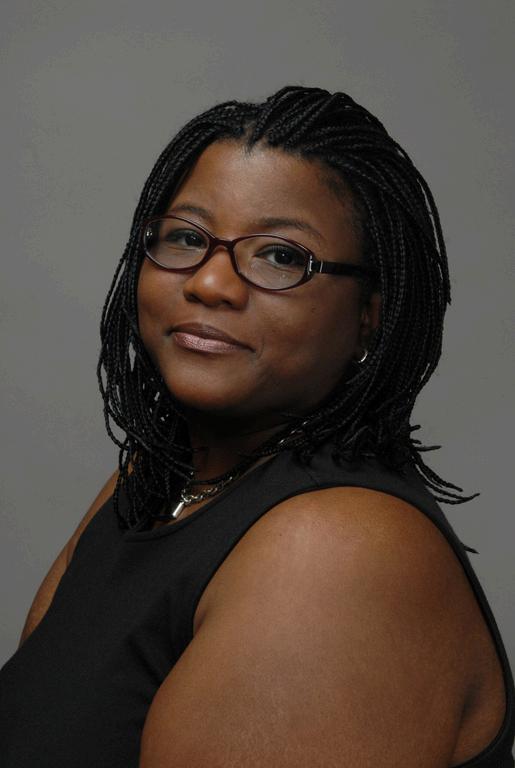
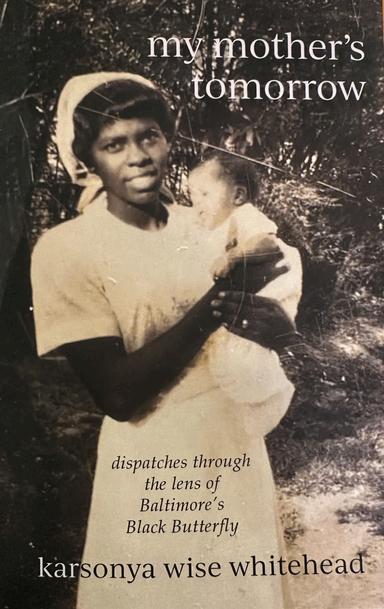
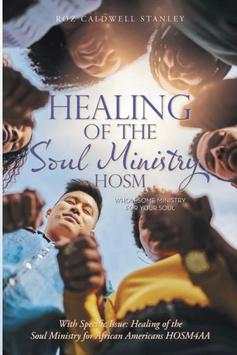
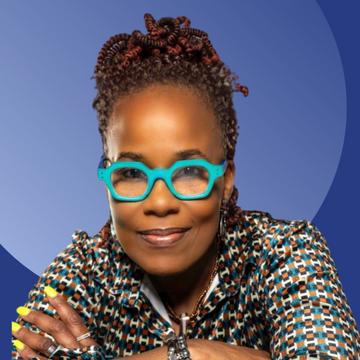
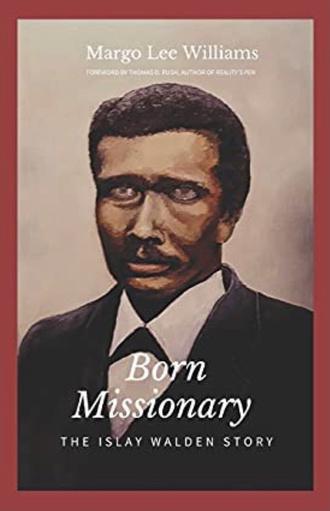
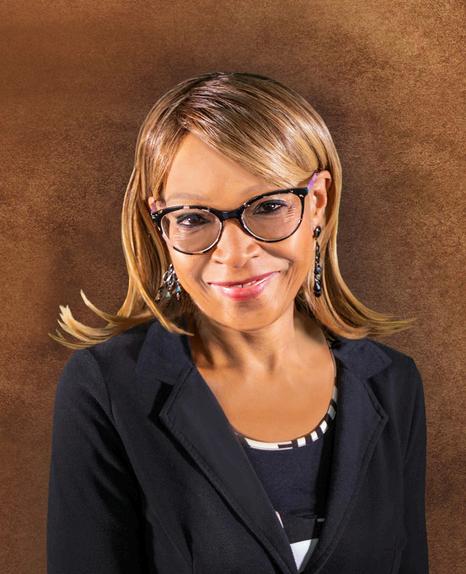
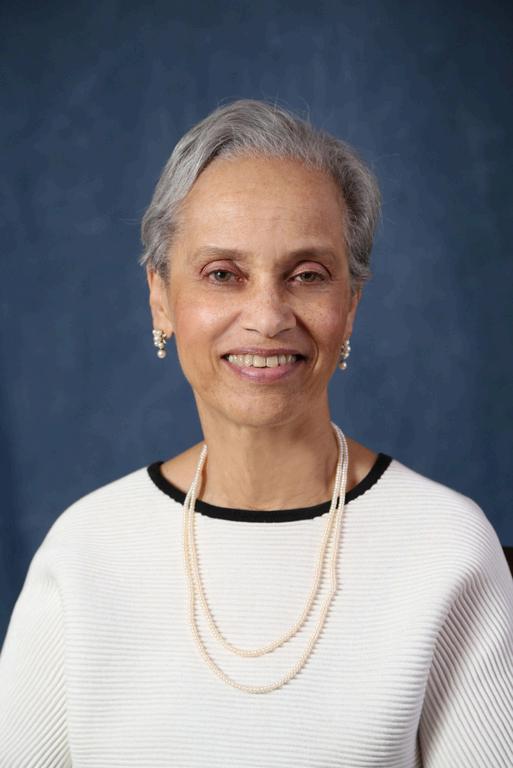













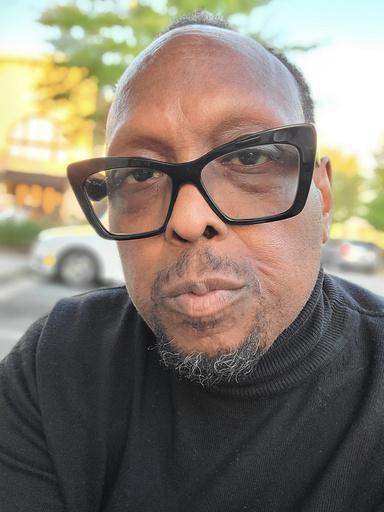




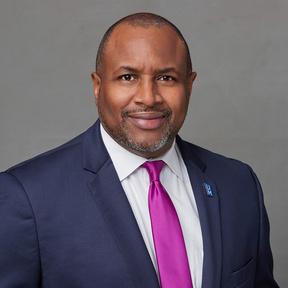










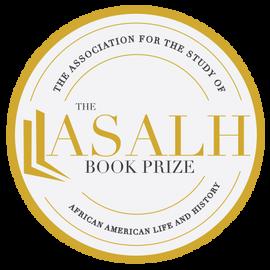
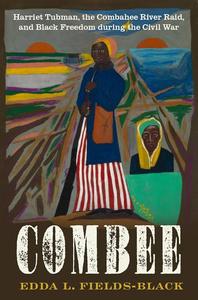
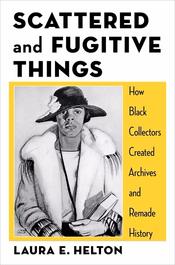
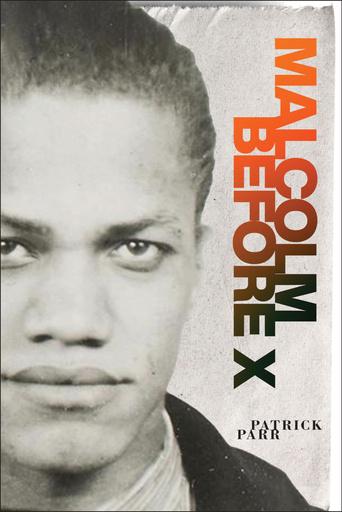
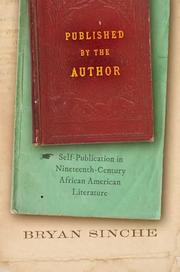
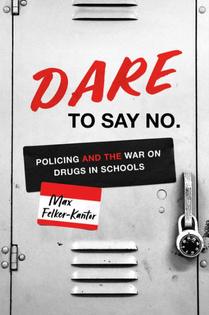
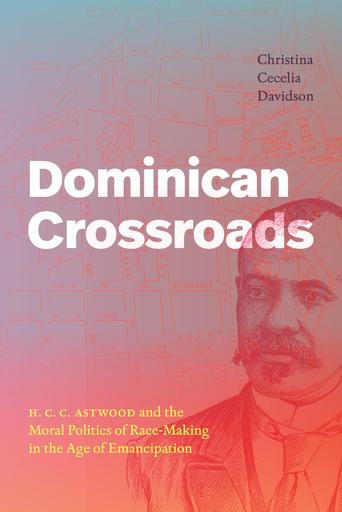
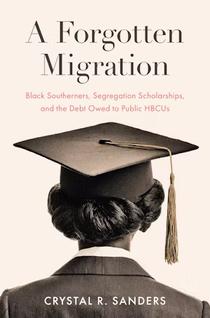
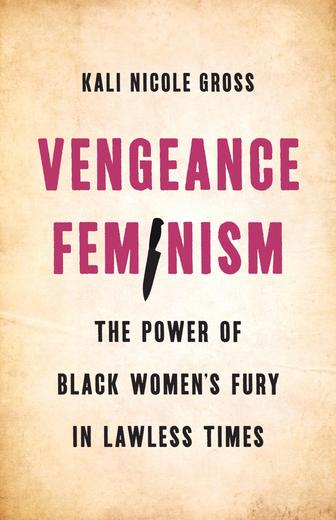
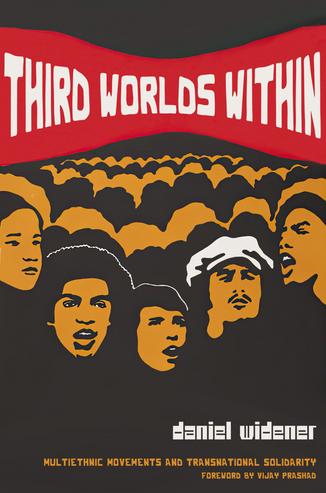
Association for the Study of African American Life and History ®

PentoScreen:
WritingandTellingBlackHistory, AConversationwithJulianBreece andValerieMaholmes
Tuesday,February4,2025 5:00p.m.CST|6:00p.m.EST
WATCHONASALHTV
JulianBreecewilldiscusshiscareeraswriterdirector,thedevelopmentofthefilm,"Rustin" andtherolehistoryhasplayedinshapinghis work.Breecewrotetheoriginalscreenplayfor theNetflixoriginalfilm"Rustin"aboutgayCivil RightsstrategistBayardRustinandtheMarch onWashington.
Scan to learn more, register, and read about the speakers










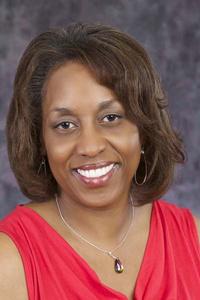
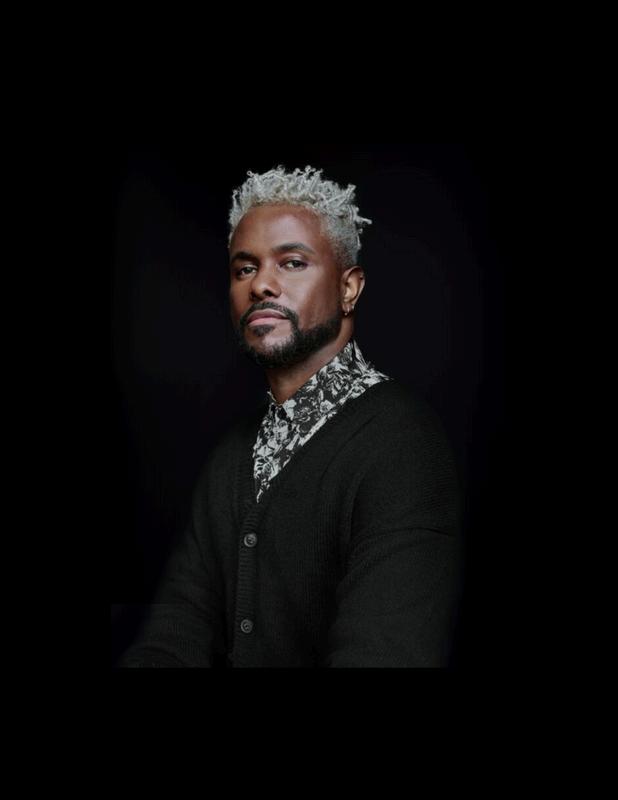


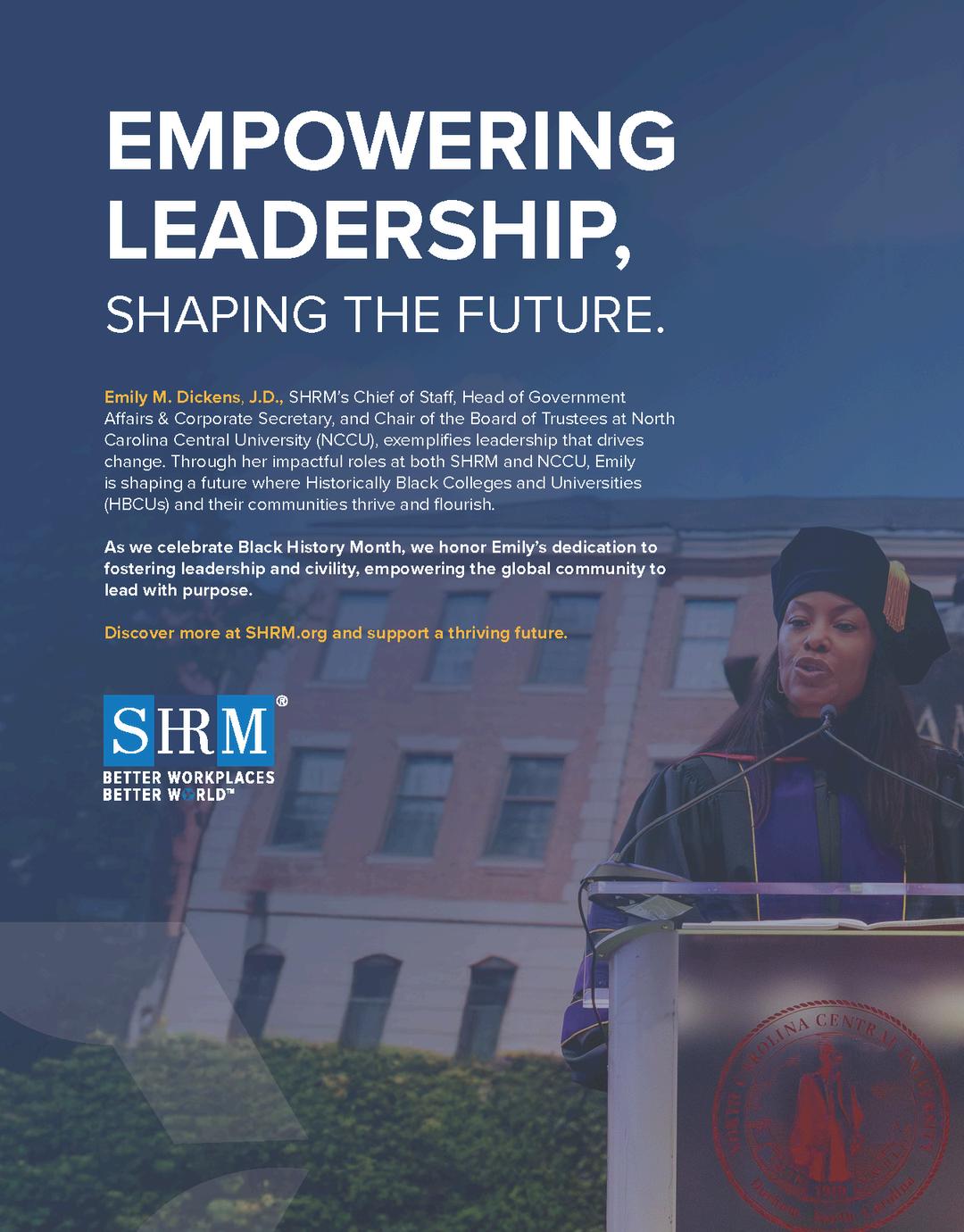
Association for the Study of African American Life and History ®
99THANNUAL

ALLFEBRUARYLONG

TheVicePresident's BlackWife:
JuliaChinnandtheStoryofBlackWomen's Labor:aConversationwithAmritaMyers
Thursday,February6,2025
5:00p.m.CST|6:00p.m.EST
WATCHONASALHTV
JoinusforaconversationwithAmritaChakrabarti Myersabouttheinterconnectednessofsex,gender, class,andeconomicsduringtheantebellumperiod. Myershasrecoveredtheriveting,troubling,and complicatedstoryofJuliaAnnChinn(ca.1796–1833), theenslavedwifeofRichardM.Johnson,andUSvice presidentunderMartinVanBuren.






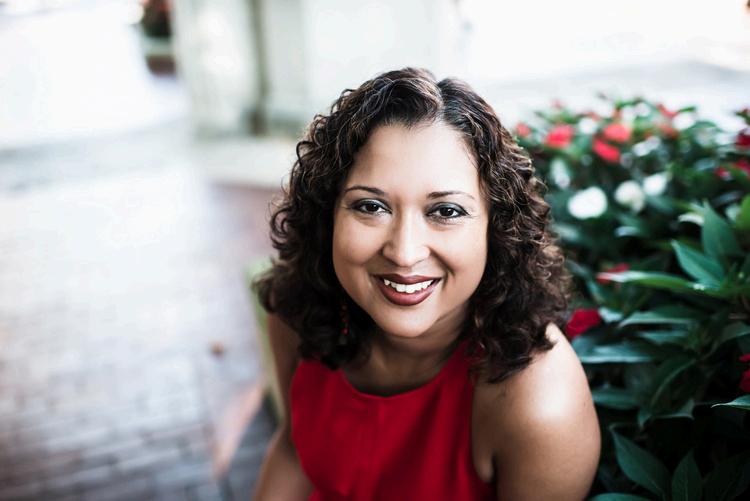
Indiana University
Bloomington




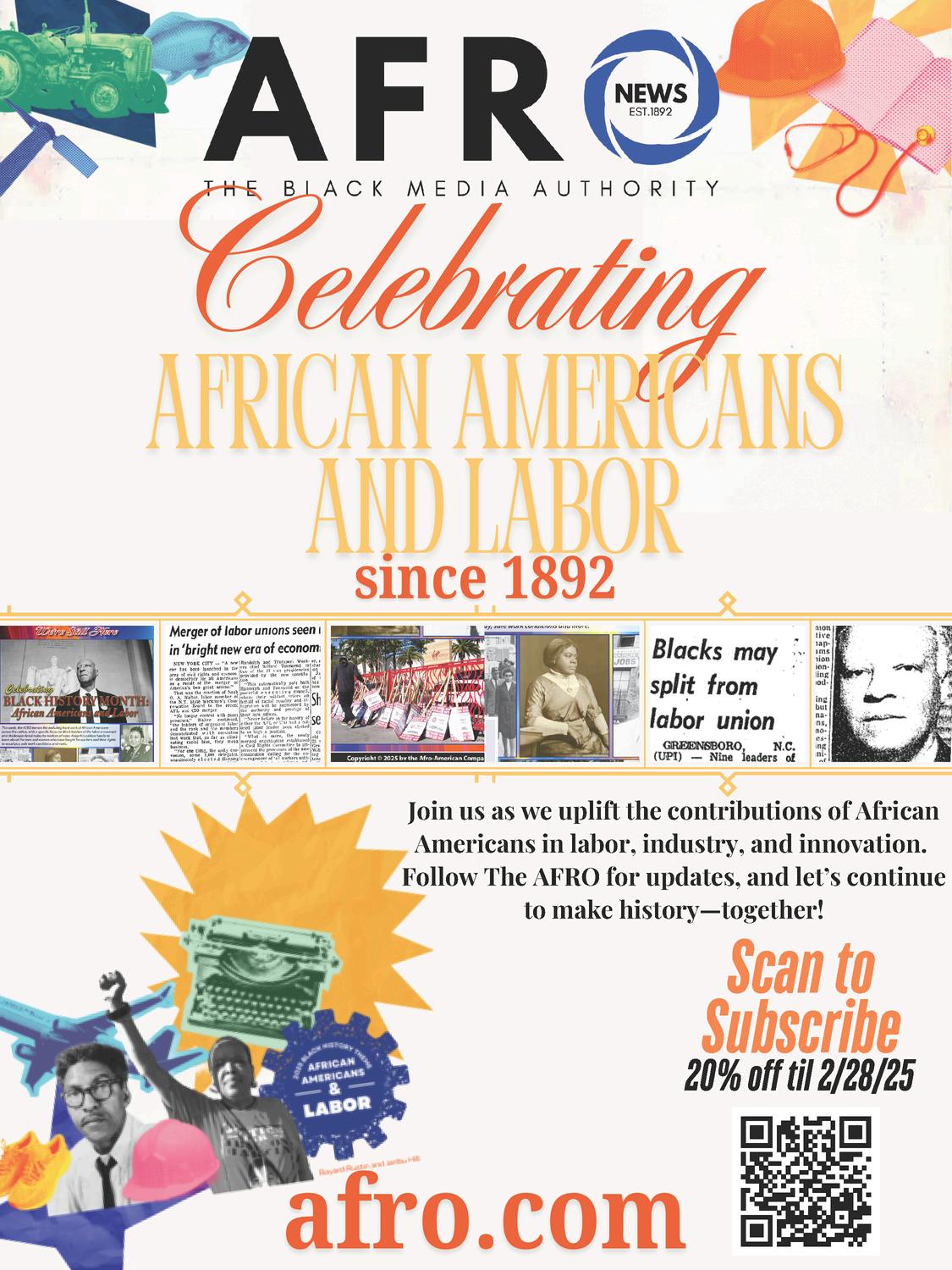
99THANNUA Association for t African America
blackhisto
festiva
ALLFEBRUARYLO

TheReshaping RacialLabor
intheAgeofA.I.withDr.Go
Thursday,February13,2
5:00p.m.CST|6:00p.m
WATCHONASALHTV
ABOUTTHEEVENT:
TheimplicationsanduseofAIand GenAIhasapivotalimpactonthelives andexperiencesofAfricanAmericans. GoldenM.Owenswillexplorethis throughthelensofgenderandlabor.



PRESENTER
University of Washington


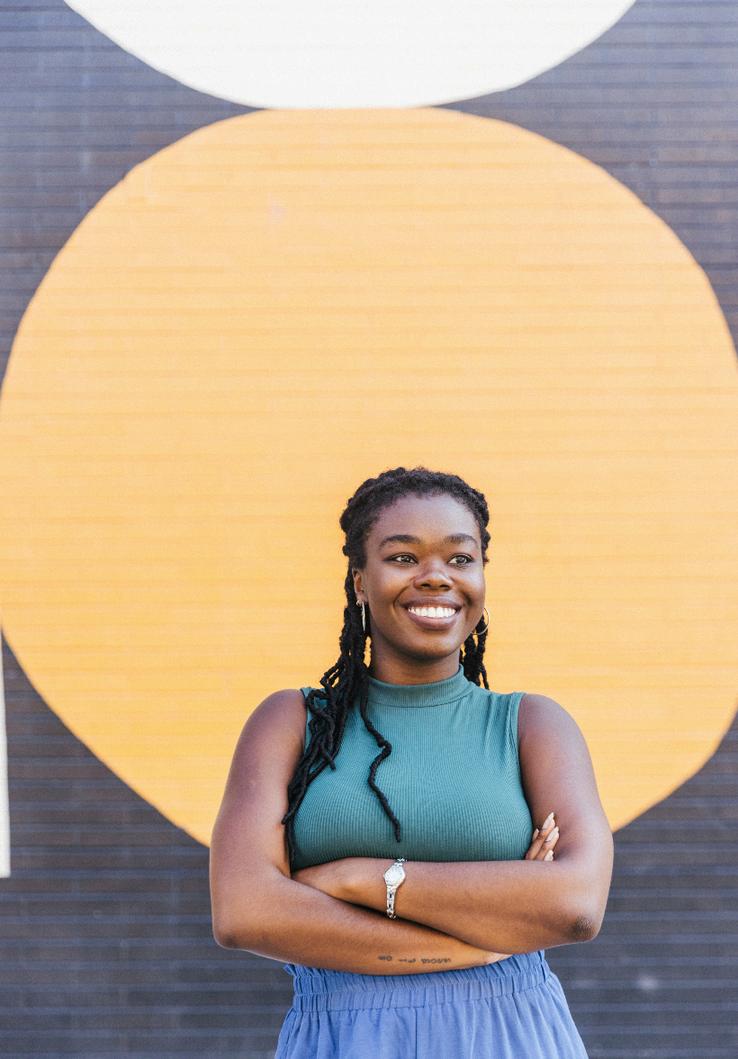



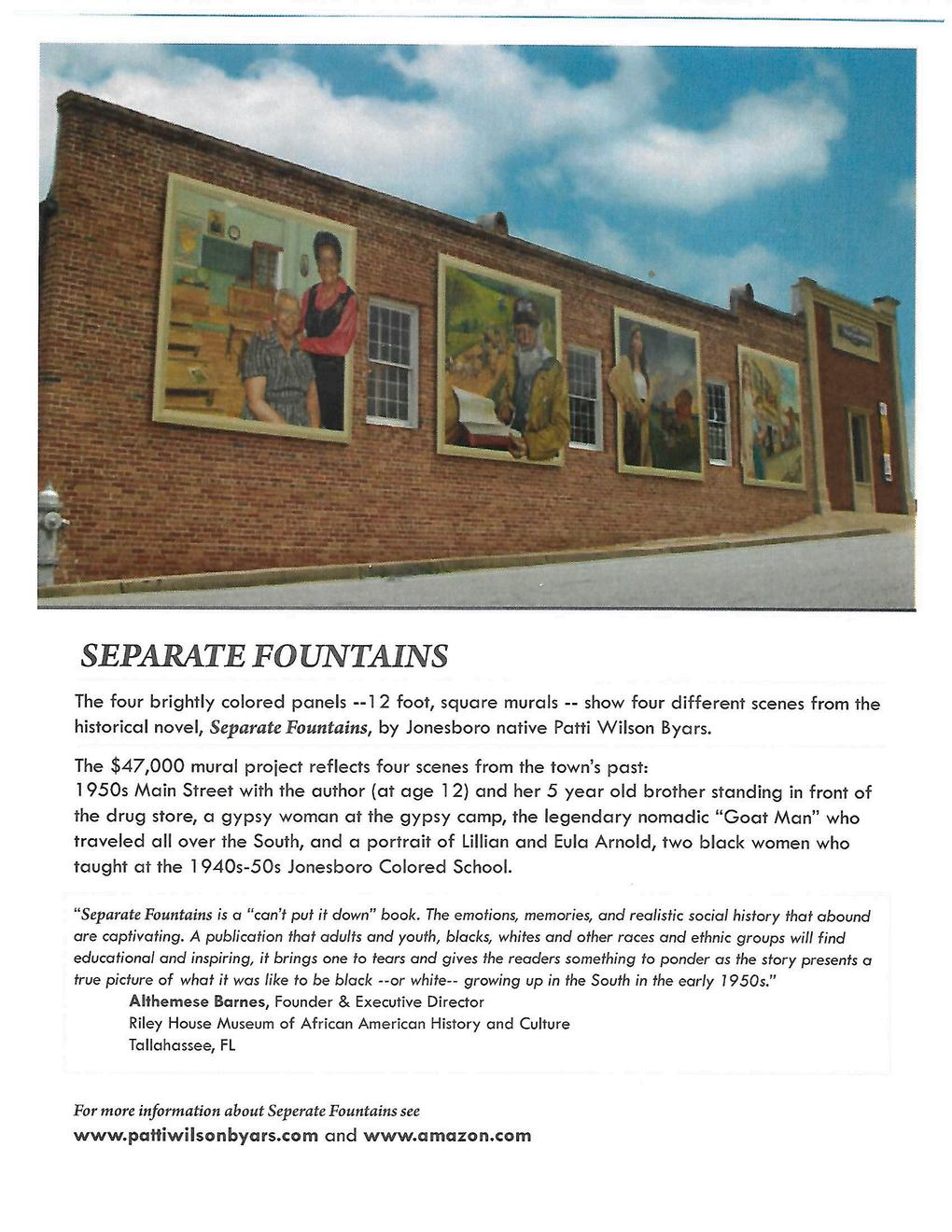
Wednesday,February19,2025 7:00p.m.CST|8:00p.m.EST







University of Pennsylvania School of Arts and Sciences

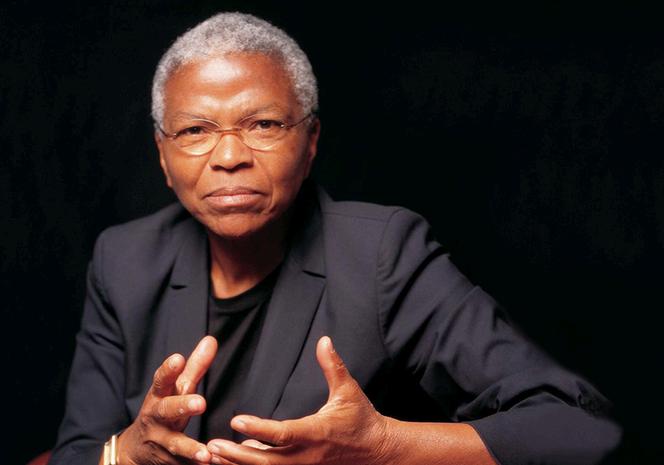




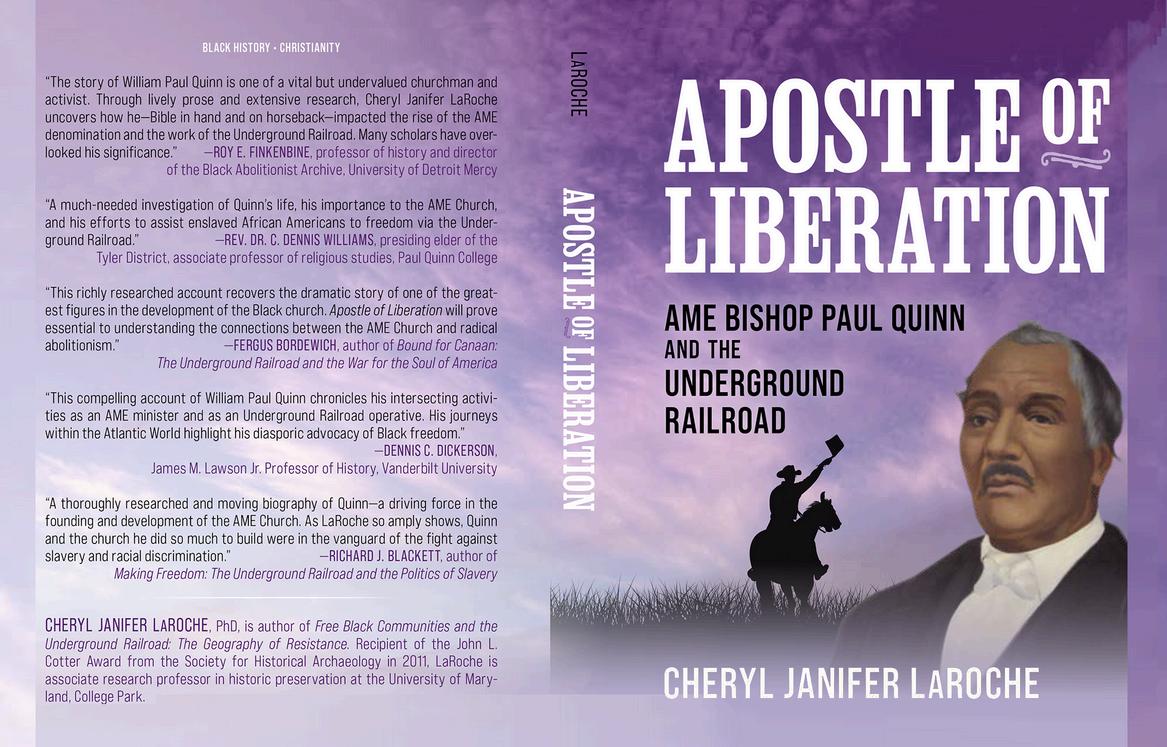
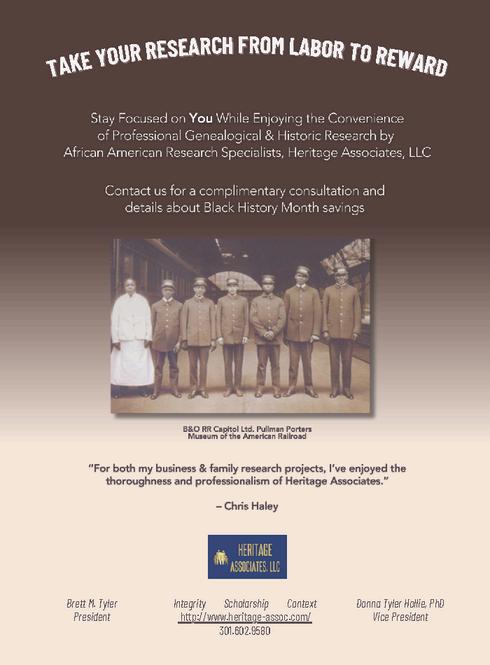

BLACK HISTORY MONTH FESTIVAL COMMITTEE
Gladys Gary Vaughn, Co-Chair
Sharita Jacobs-Thompson, Co-Chair
Valerie Maholmes
Mesha Williams
Zebulon Miletsky
Wanda Flowers
Crystal Boswell
ASALH TV COMMITTEE
Lopez Matthews, Chair
Gladys Gary Vaughn, Co-Chair
Ty Collins
Tina Ligon
Brian Morrison
Kenvi Phillips
Christina Vortia
BOOK PRIZE COMMITTEE
Karen Cook Bell, Chair
Russell Rickford
Crystal Webster
Shannen Williams
Jelani Favors
JT Roane
MARKETING AND PR COMMITTEE
Zebulon Miletsky, Chair
Brenda Aghahowa, Vice Chair
Denise Rolark-Barnes
Aaisha Haykal
Louis Hicks
David Trowbridge
Mesha Williams
Andrea Young
Walter Greason
Rory Gruler
*Sylvia Cyrus, Executive Director



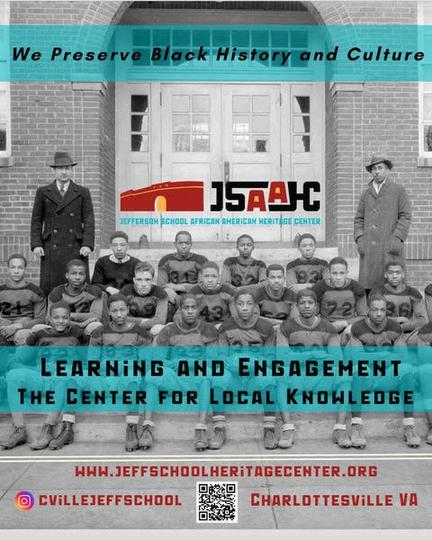
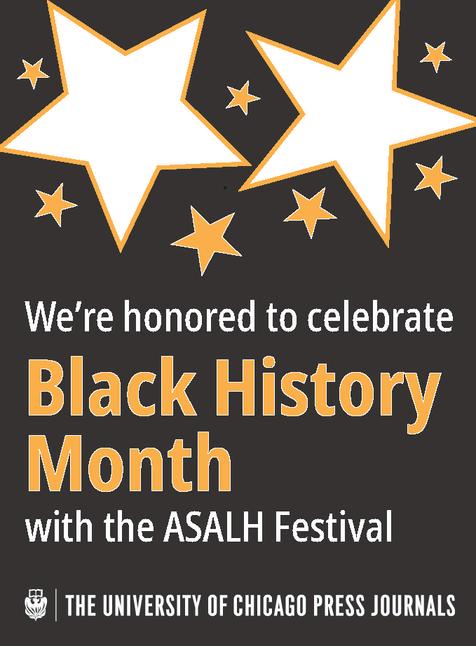

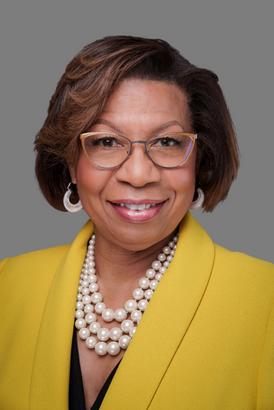
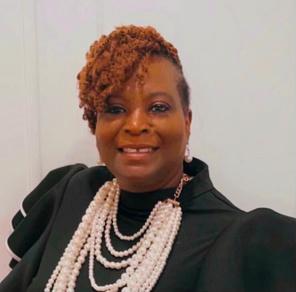
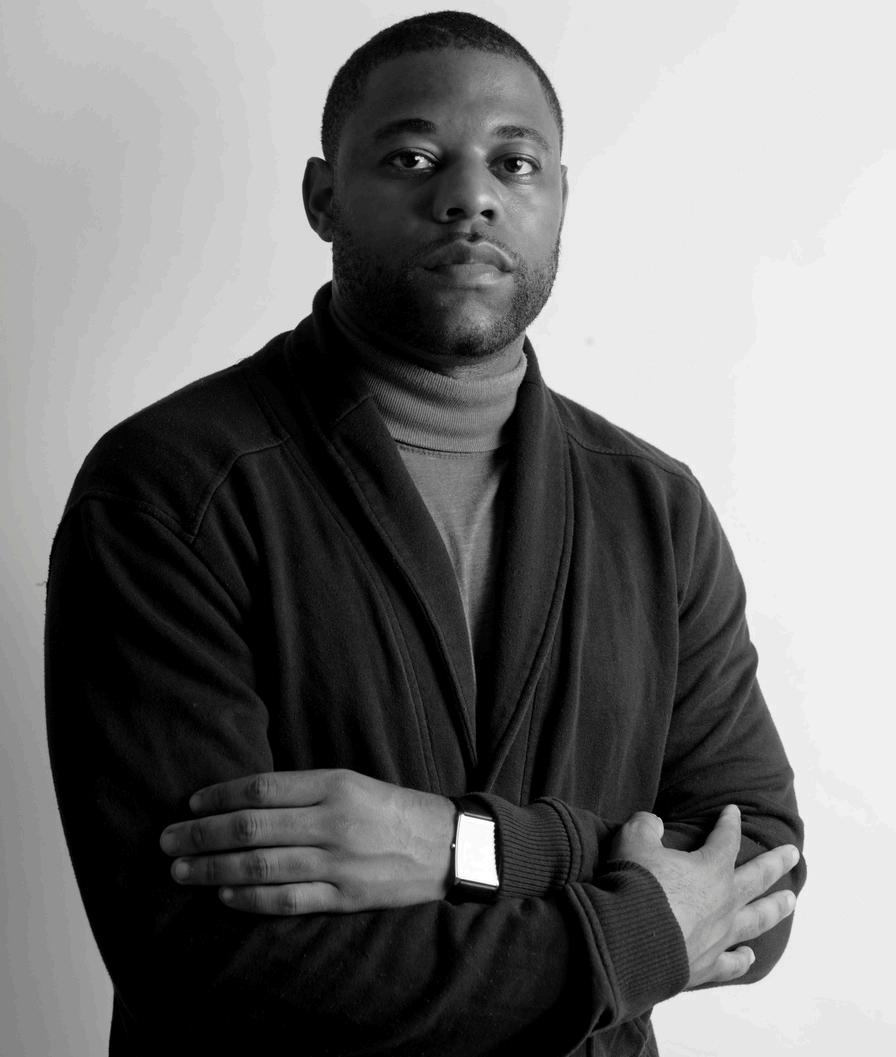

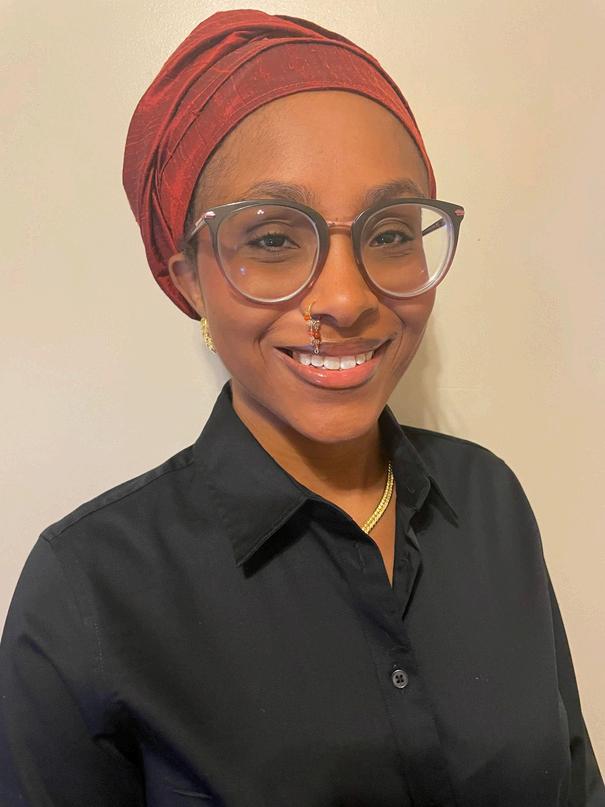
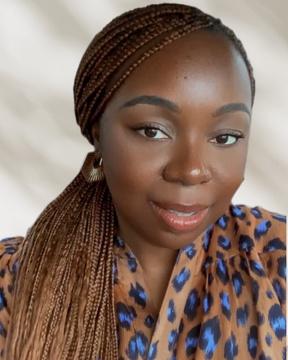
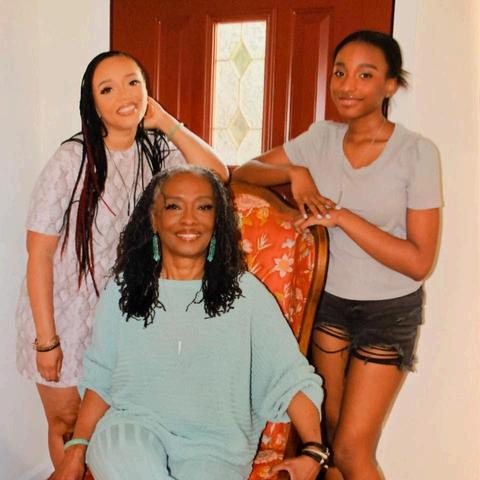
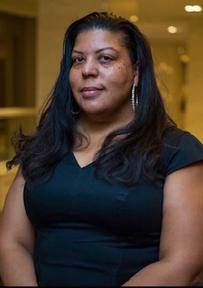
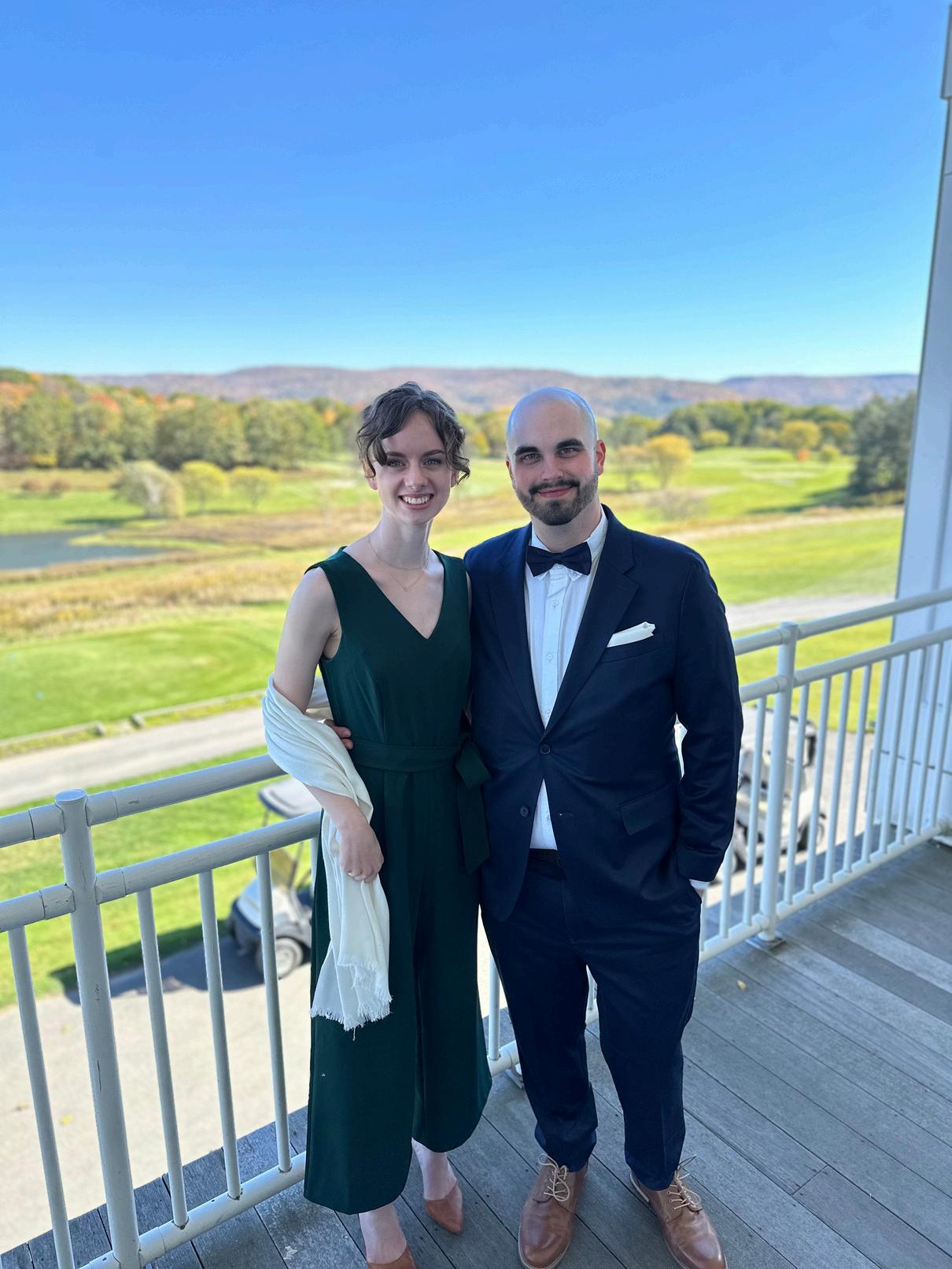
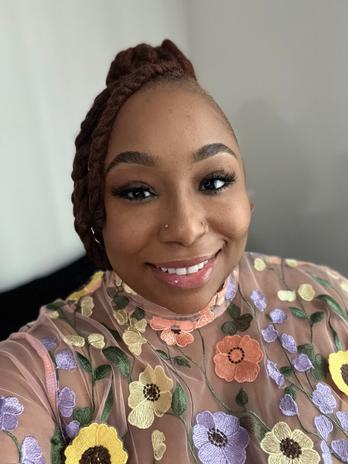
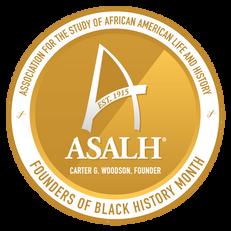



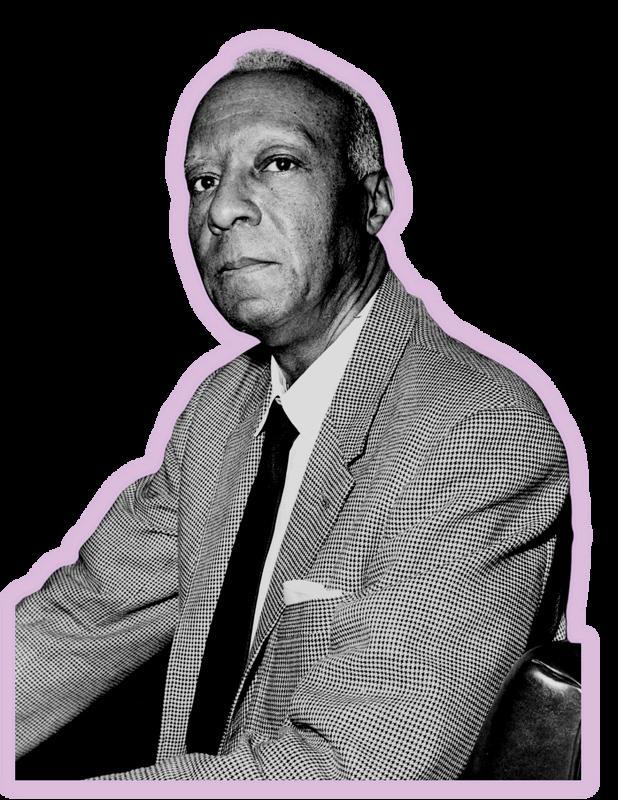


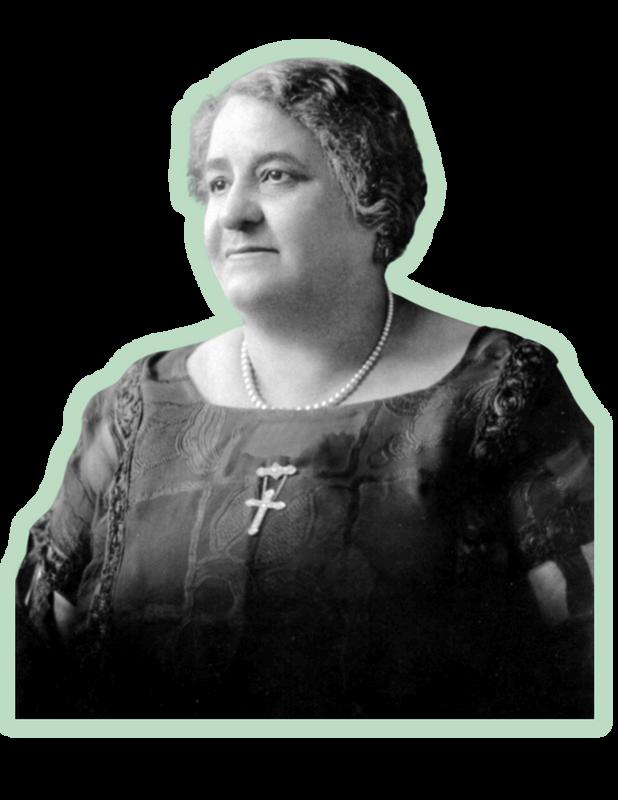




Conference Theme
The 2025 Black History Month theme, African Americans and Labor, focuses on the various and profound ways that work and working of all kinds – free and unfree, skilled, and unskilled, vocational and voluntary – intersect with the collective experiences of Black people Indeed, work is at the very center of much of Black history and culture Be it the traditional agricultural labor of enslaved Africans that fed Low Country colonies, debates among Black educators on the importance of vocational training, self-help strategies and entrepreneurship in Black communities, or organized labor’s role in fighting both economic and social injustice, Black people’s work has been transformational throughout the U S , Africa, and the Diaspora The 2025 Black History Month theme, “African Americans and Labor,” sets out to highlight and celebrate the potent impact of this work.
Proposals should be detailed, comprehensive, and descriptive that outline the theme, scope, and aim of the session Proposals that incorporate the annual theme are preferred, but submissions can be on a variety of temporal, geographical, thematic, and topical areas in Black history, life, and culture Details on each can be found on the ASALH and All Academic website
For individuals who are interested in collaborating on a panel, workshop, or roundtable, please use the Google spreadsheet, which is an informal tool to connect individuals who are seeking ideas and/or collaboration The spreadsheet is not monitored by ASALH or the Academic Program Committee and is not part of the official submission process
Paper Submissions: Individual(s) can submit papers These papers will be put together with other papers on the same theme/topic by the Academic Program Committee Papers will ONLY be accepted by non-academics, undergraduate, and graduate students on the 2025 Annual Black History Theme: African Americans and Labor. Paper submissions are not guaranteed audiovisual during the conference. There will be limited slots for paper sessions at the ASALH annual meeting. Submissions that are performances or plays will not be accepted
Woodson Lightning Round/Pop-Ups: Individual(s) can submit lightning round papers/presentations. These proposals will be put together with other lightning-round proposals by the Academic Program Committee
Poster Submissions: Individual(s) and ASALH Branches can submit posters The posters will be put together in a single or multiple session by the Academic Program Committee. Posters have both a virtual/pre-recording and in-person component.
Session Submissions
Proposals will be accepted by all affiliations and academic status Access to audiovisuals is not guaranteed during the conference. Panels: Are sessions composed of individuals presenting different papers/presentations on a specific concept/topic/idea
Roundtables: These are sessions that are composed of individuals presenting a single idea/concept/theme
Workshops: These are sessions that are hands-on and work to teach attendees about a particular tool, project, idea, and theme Sessions that are performances or plays will not be accepted
Media: These are sessions that are comprised of an individual film or a film panel where a moderated or group discussion of a film is conducted following the screening
All proposals are submitted in the All-Academic system. You will need to provide an abstract (300 words or less), a title of your presentation, your name, email, and affiliation If you are submitting a panel, workshop, roundtable, or media session, you will need the information for all the presenters Once the proposal is submitted, the submitter and all presenters will receive an email confirmation.
The submission deadlines for proposals are as follows: Early Bird Submissions will be accepted via All Academic until March 18, 2025, at 11:59 p.m. (EST) Conditional acceptance responses to Early Bird submissions will be sent out by April 21, 2025, at 11:59 p.m. (EST). After this date, the committee will accept all submissions until the deadline of May 17, 2025, at 11:59 p.m. (EST). Regular conditional acceptance submissions will be responded to by June 9, 2025, at 11:59 p.m. (EST). You will not be considered official until all session participants have joined the Association and registered for the conference

BeBlack,buyBlack,thinkBlack,andall elsewilltakecareofitself.
—MarcusGarvey ThinkBlackisacuratedguideofBlackownedexcellence.IthighlightsBlack-owned businesses,schools,banks,mediaplatforms, andmore.Itsmissionistoempowerpeopleto investinandsupporttheBlackcommunity whileamplifyingBlackvoices,upliftingcultural pride,fosteringeconomicself-reliance,and strengtheningconnectionswithintheBl k community. BigThankYouto@Kia.Gregoryforproviding











